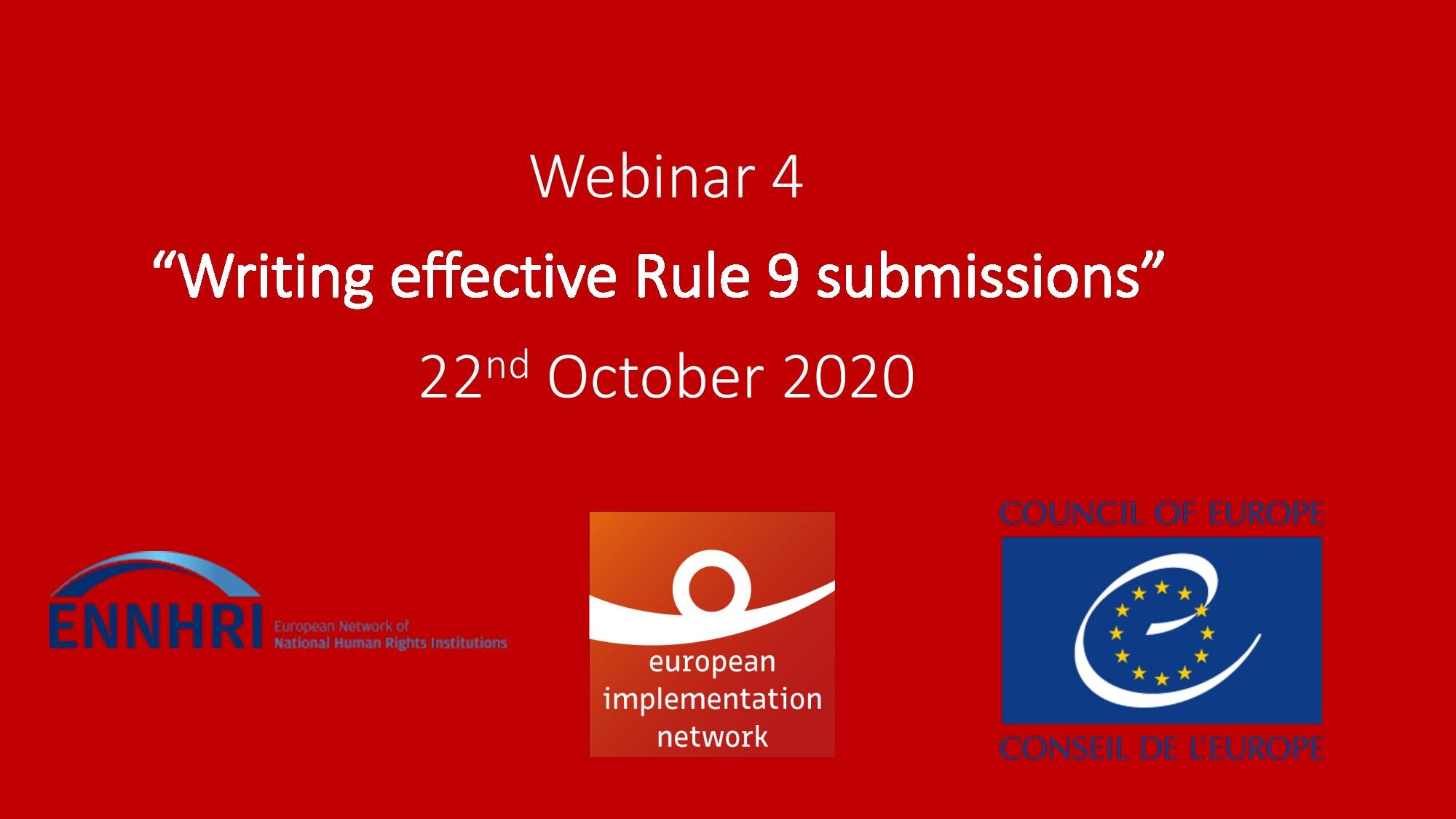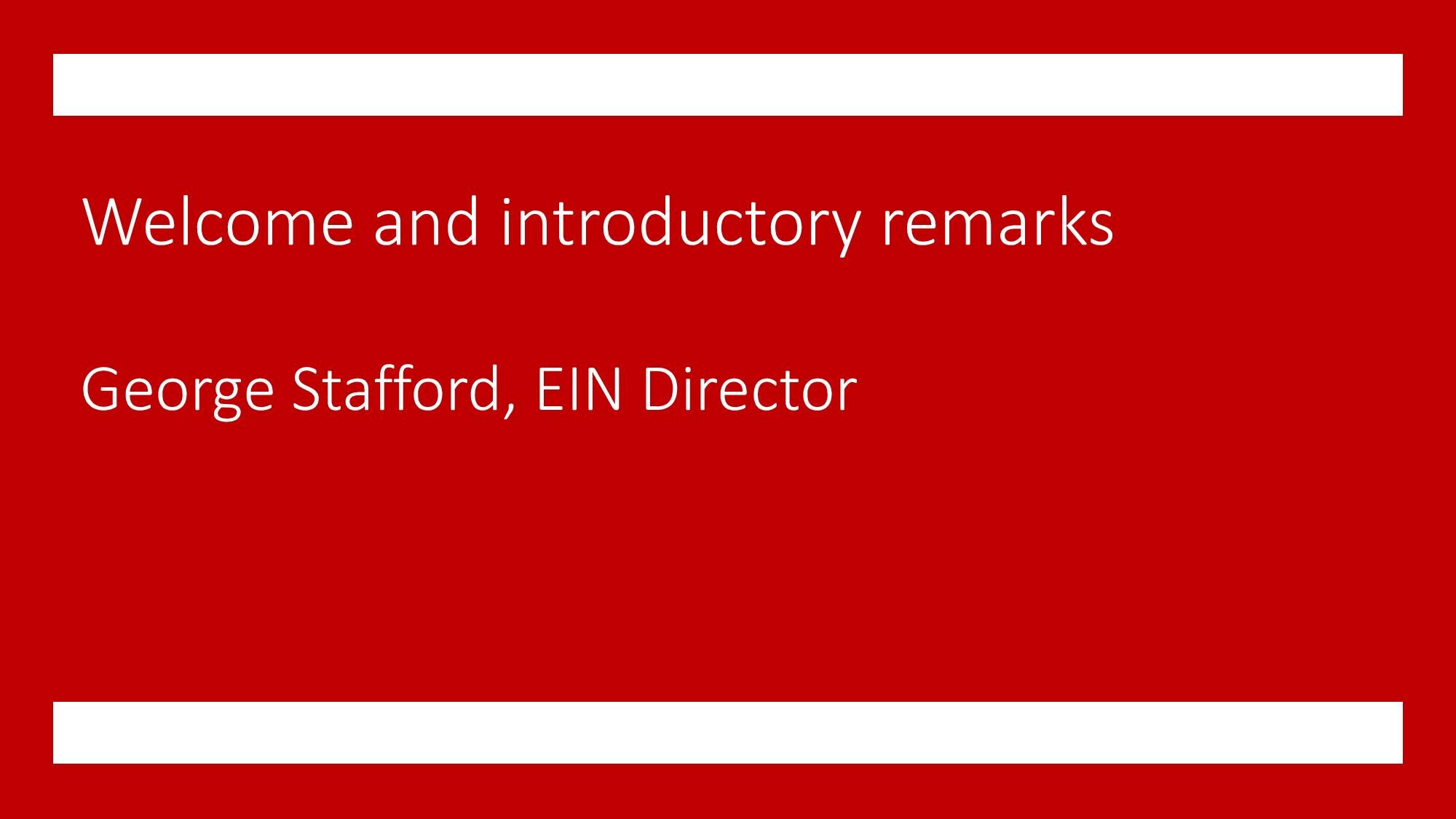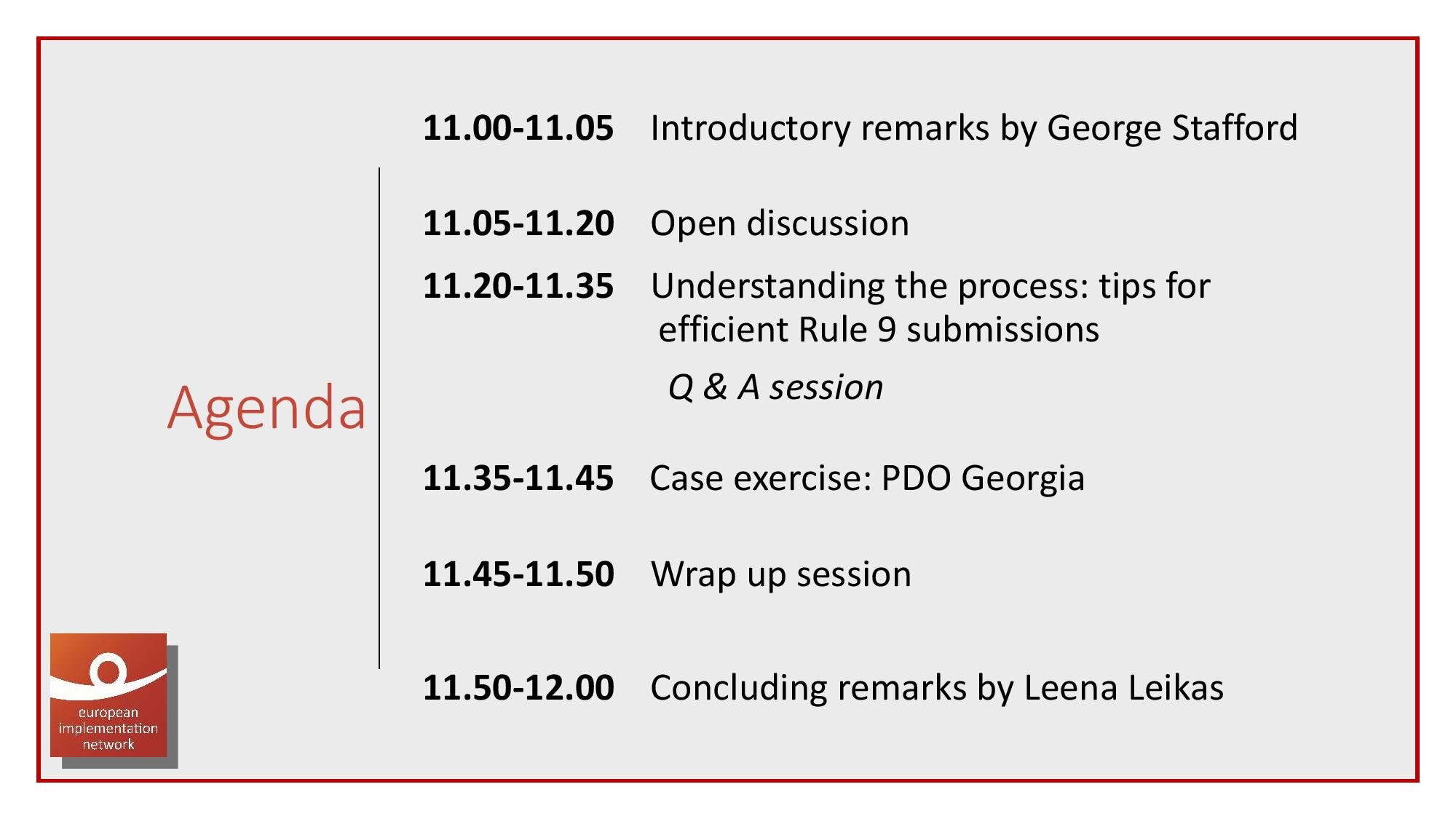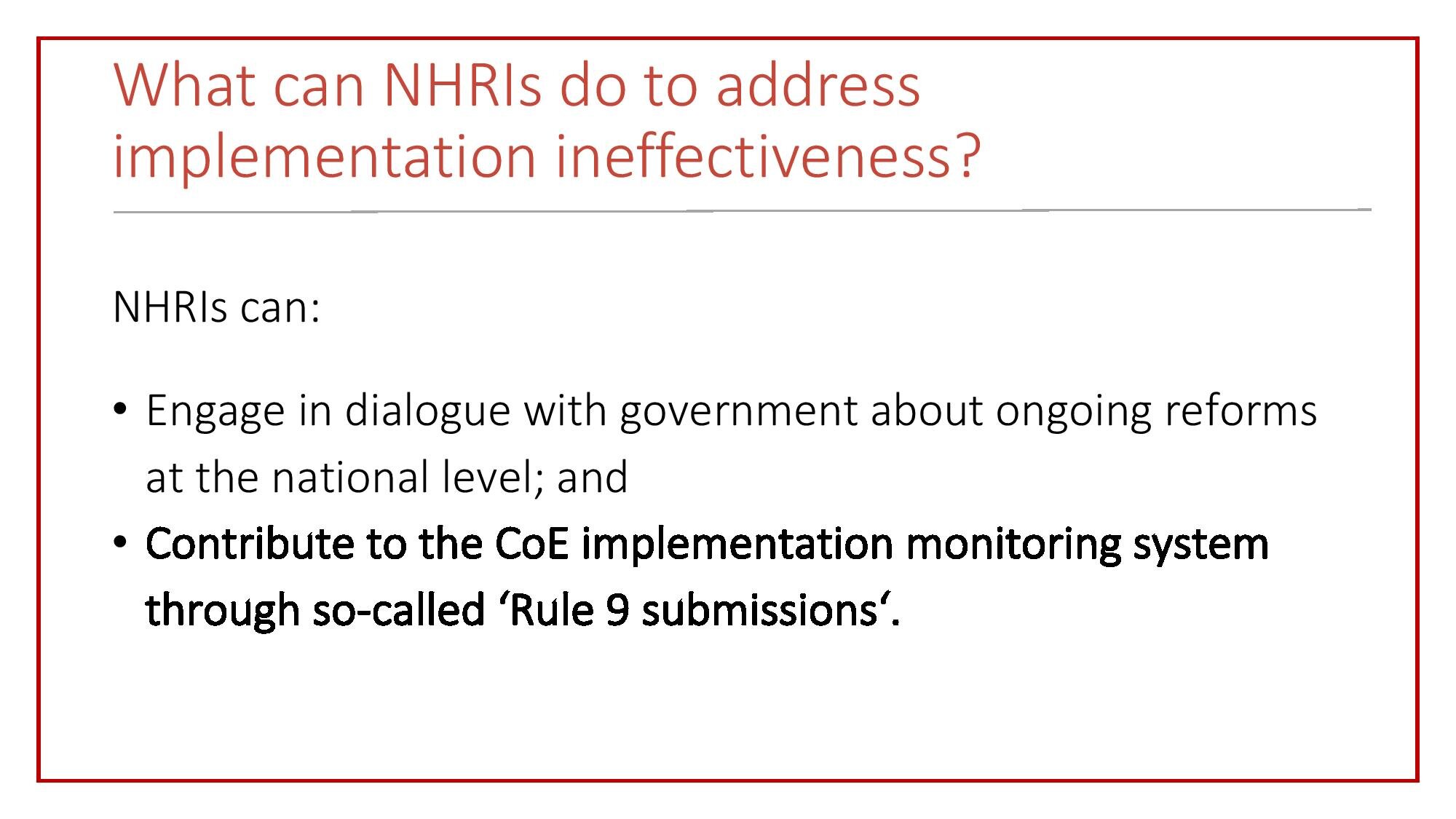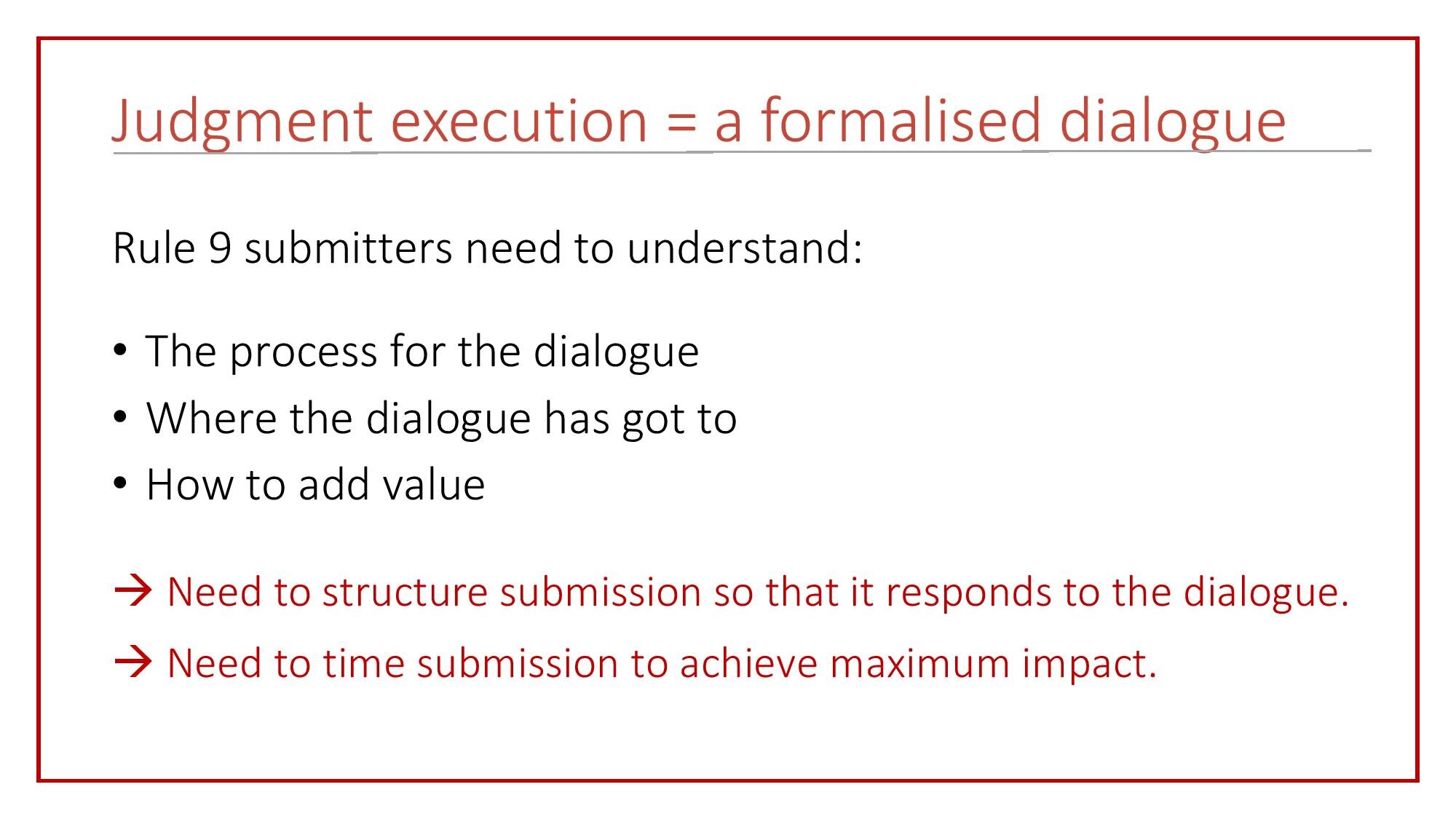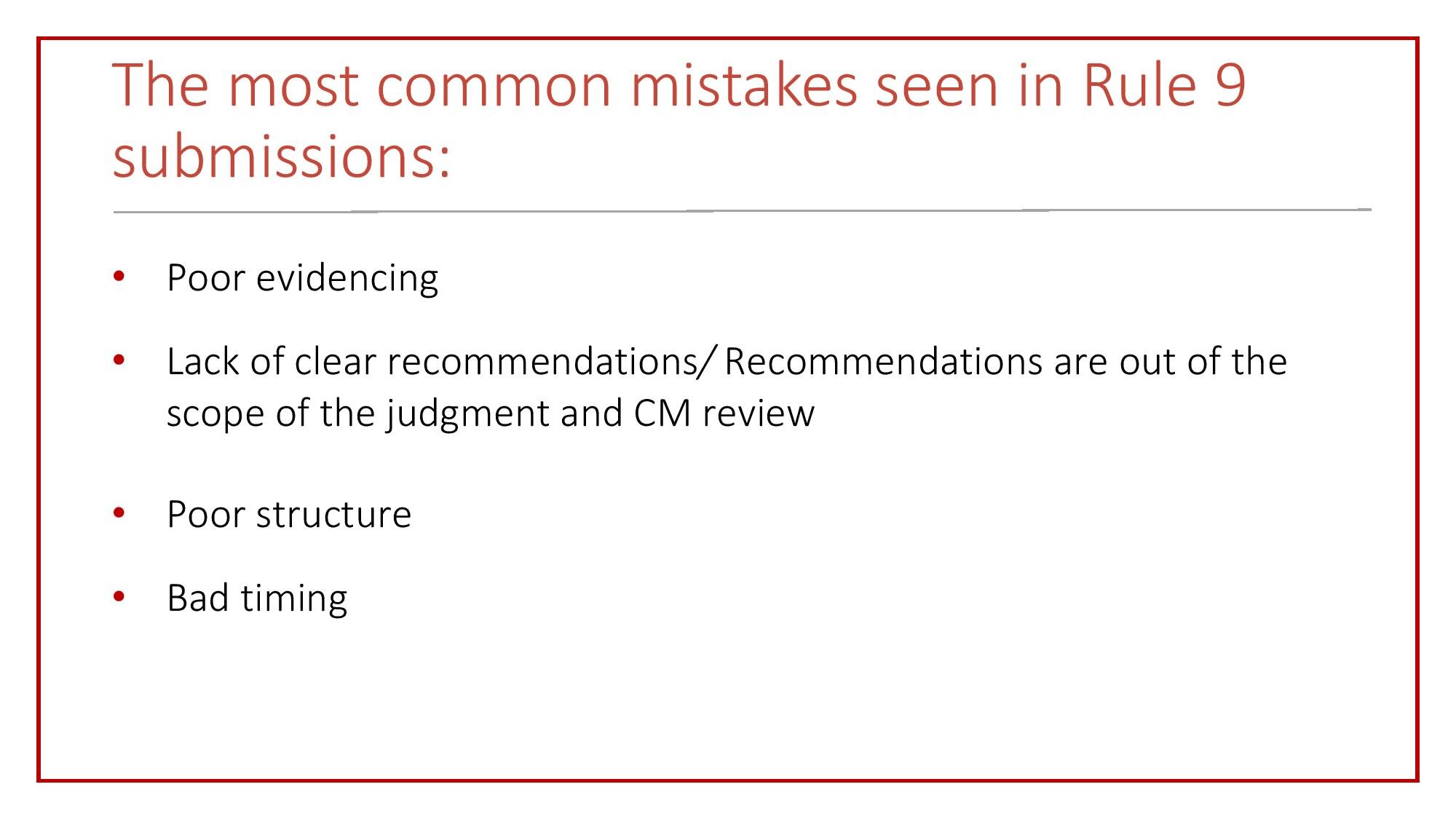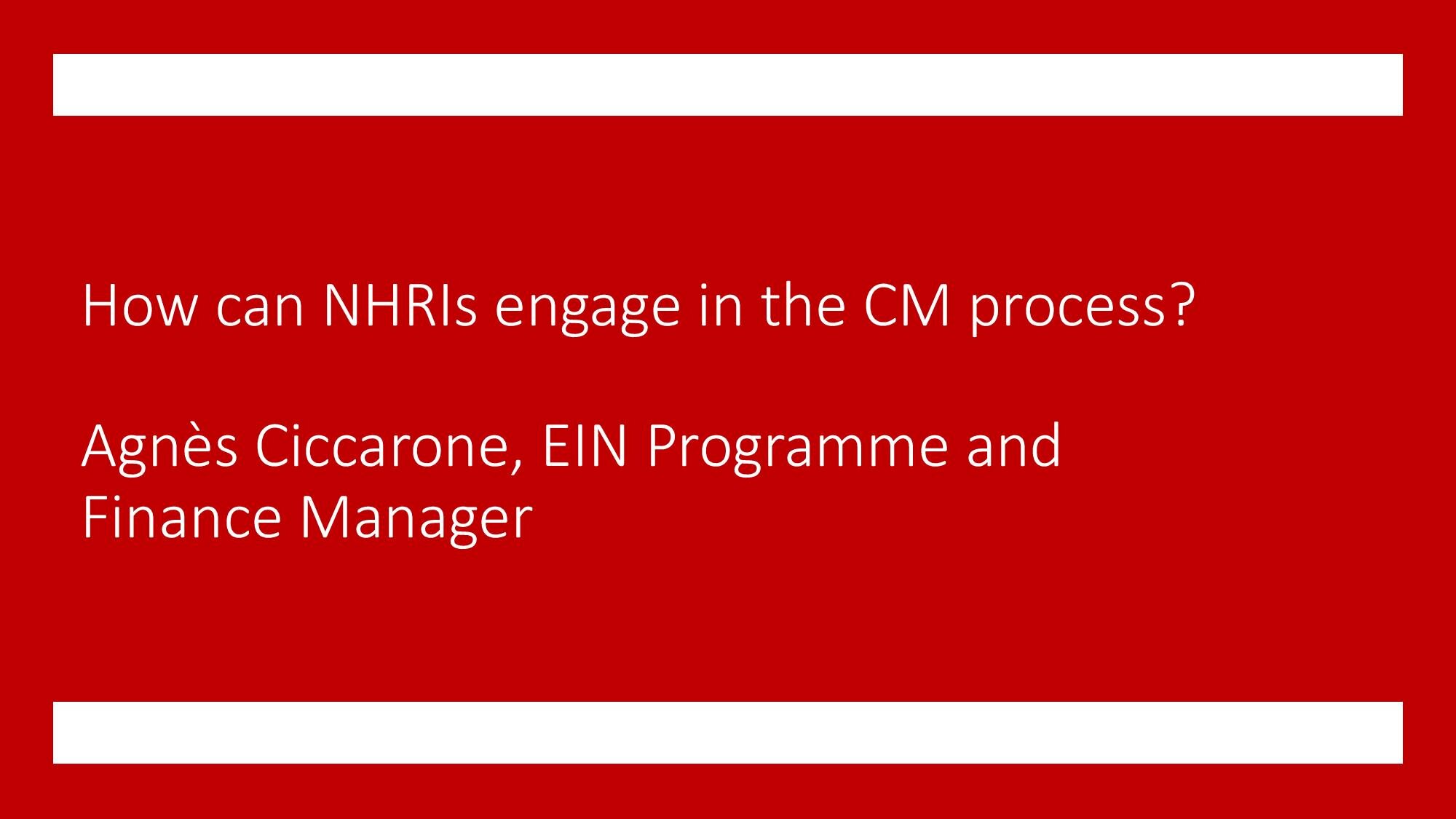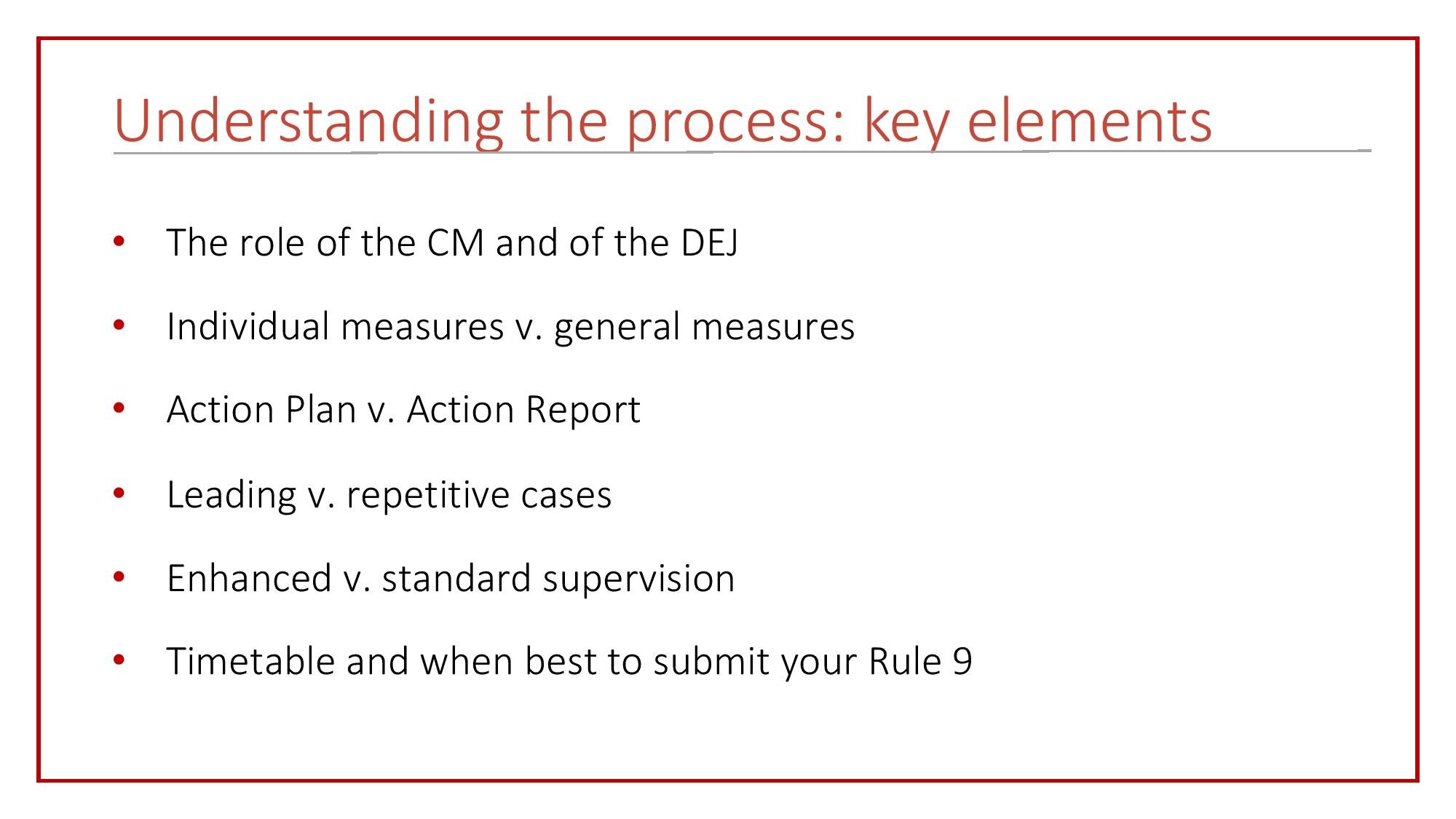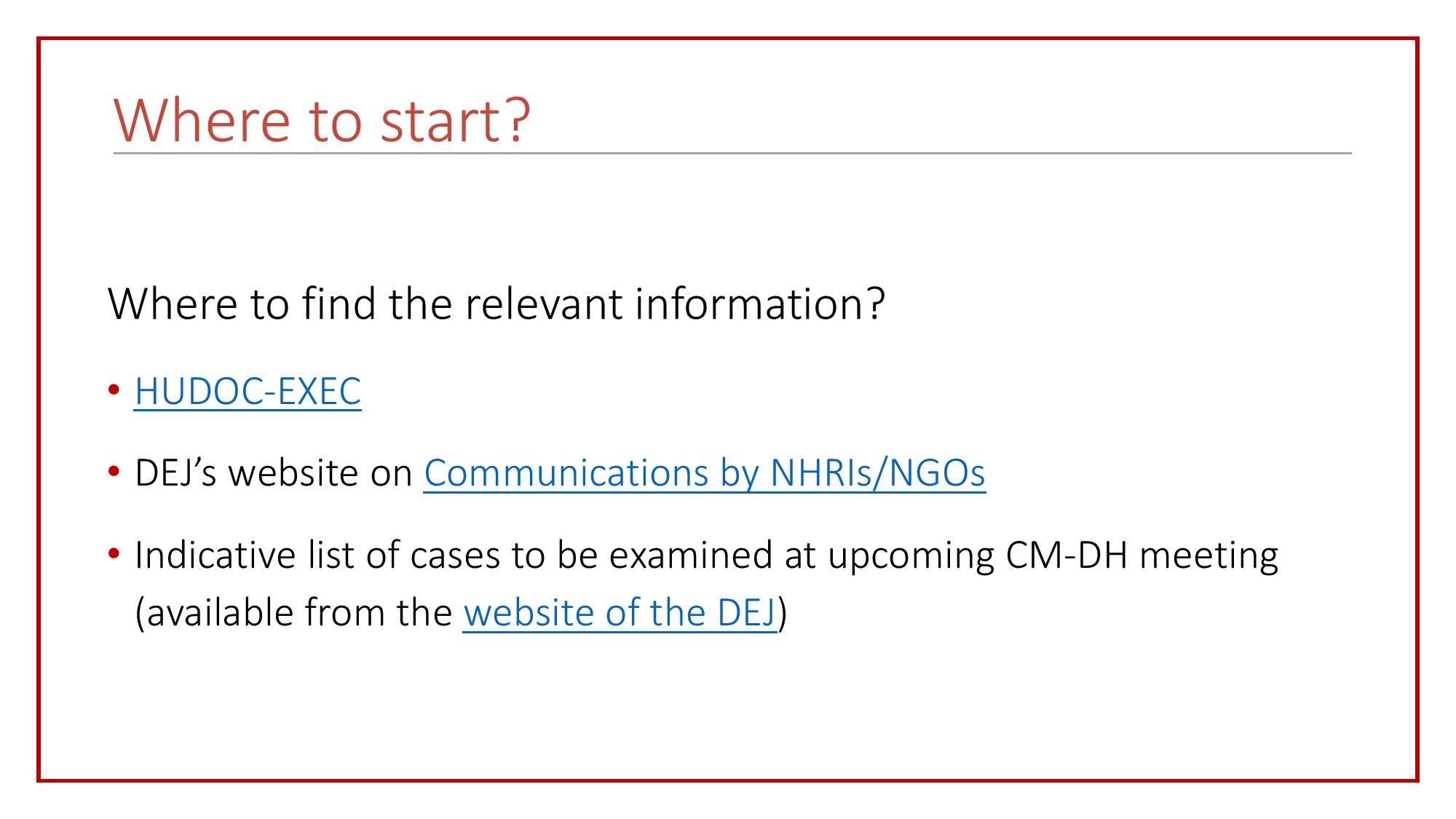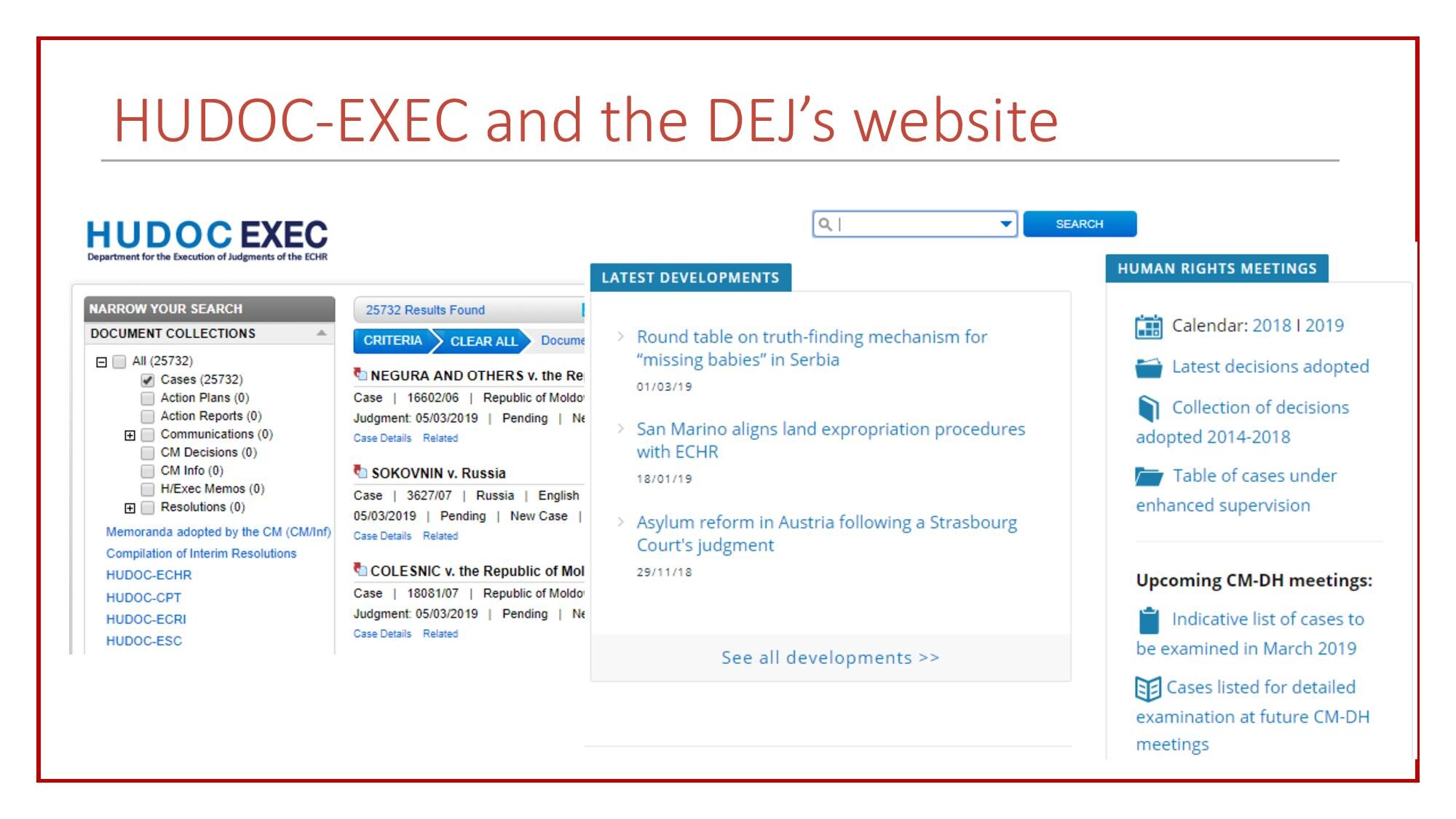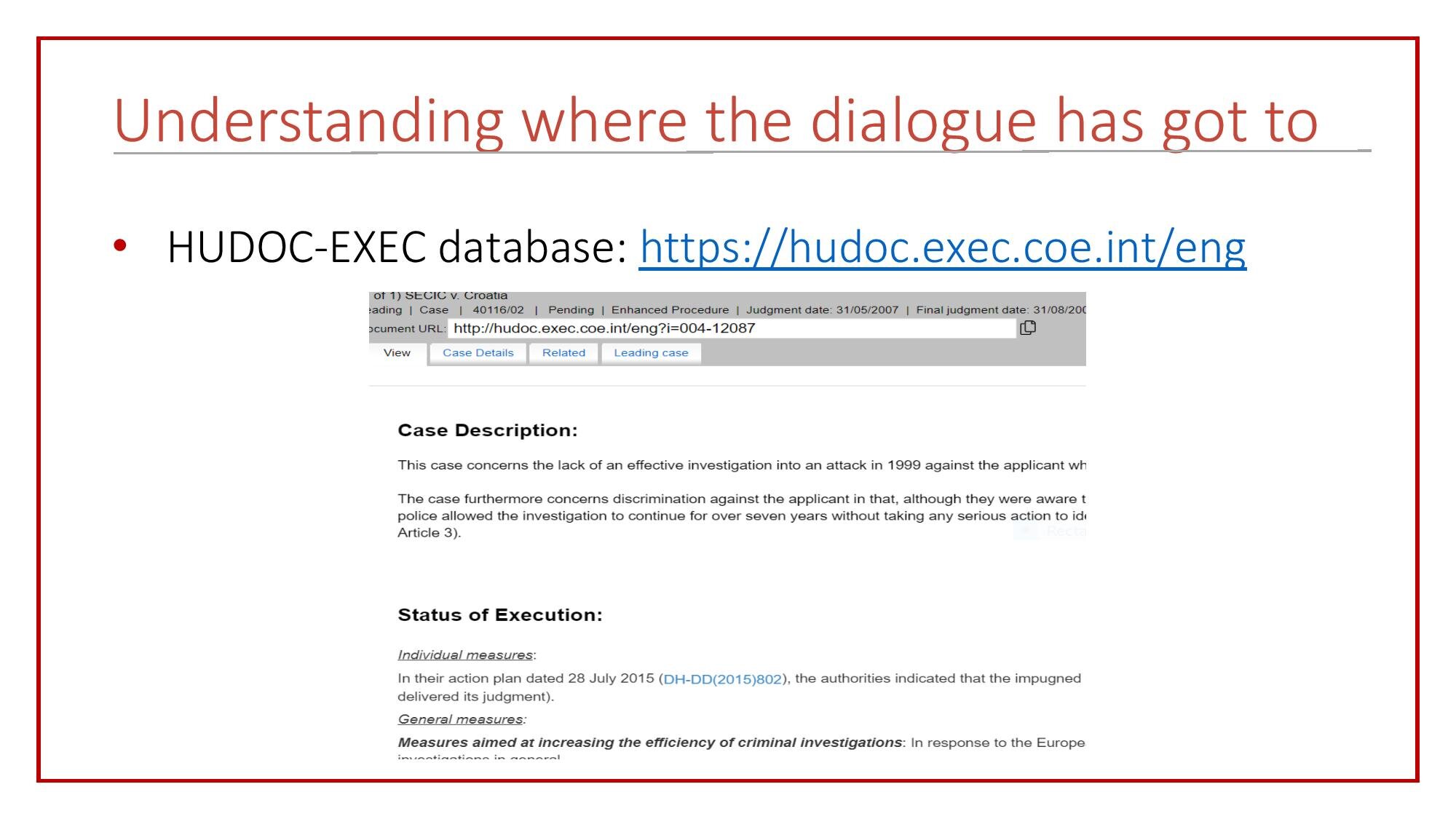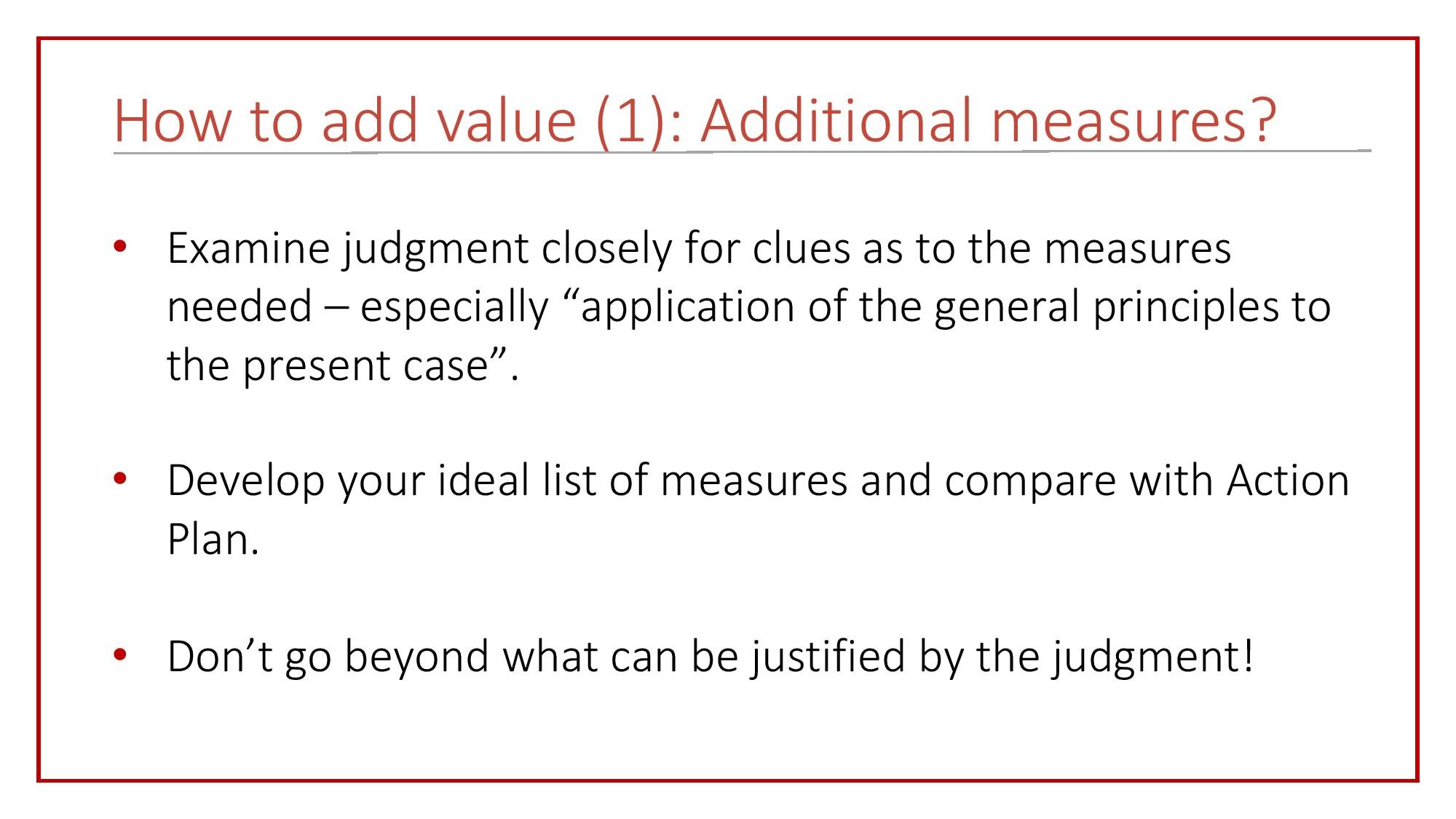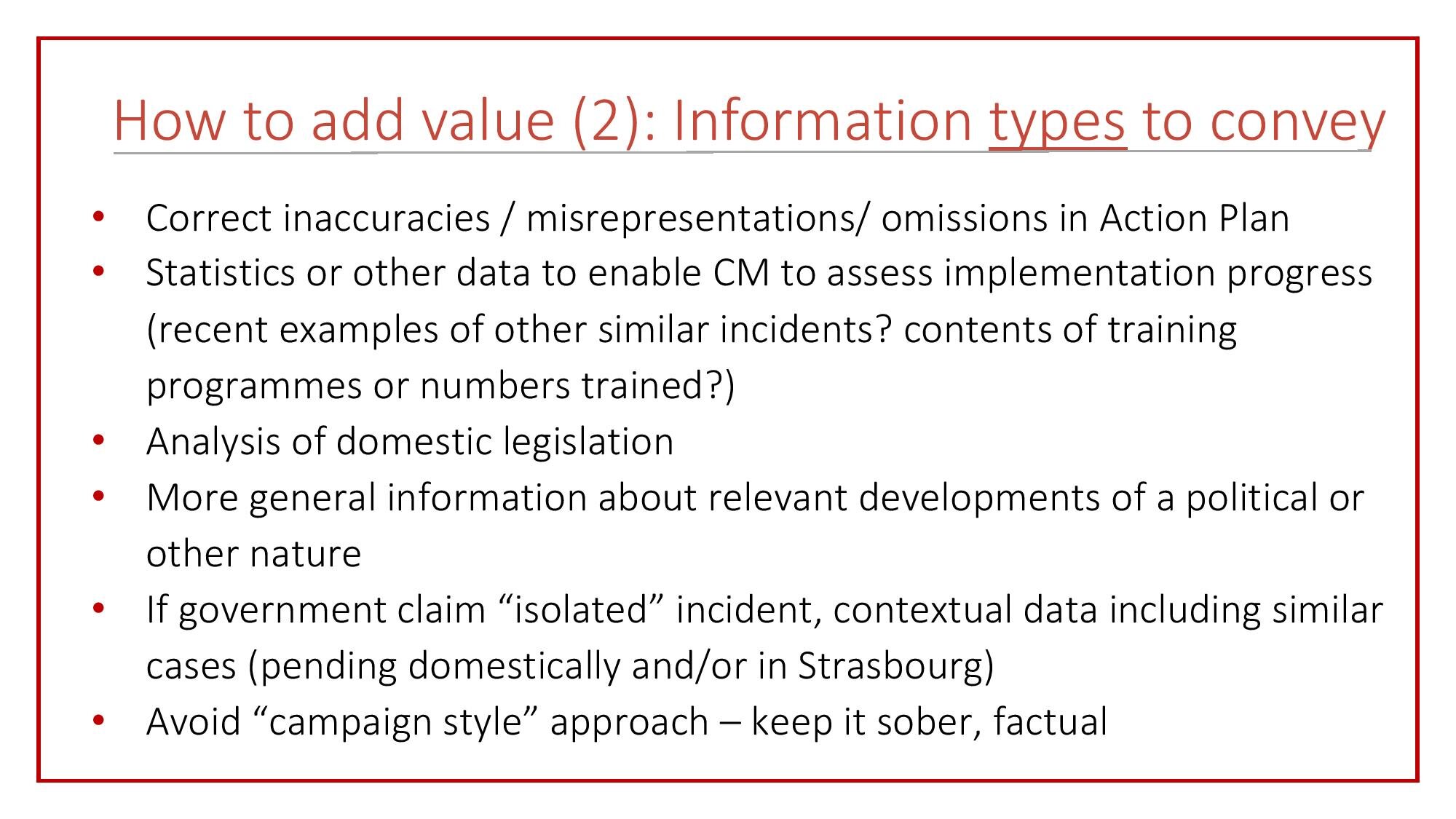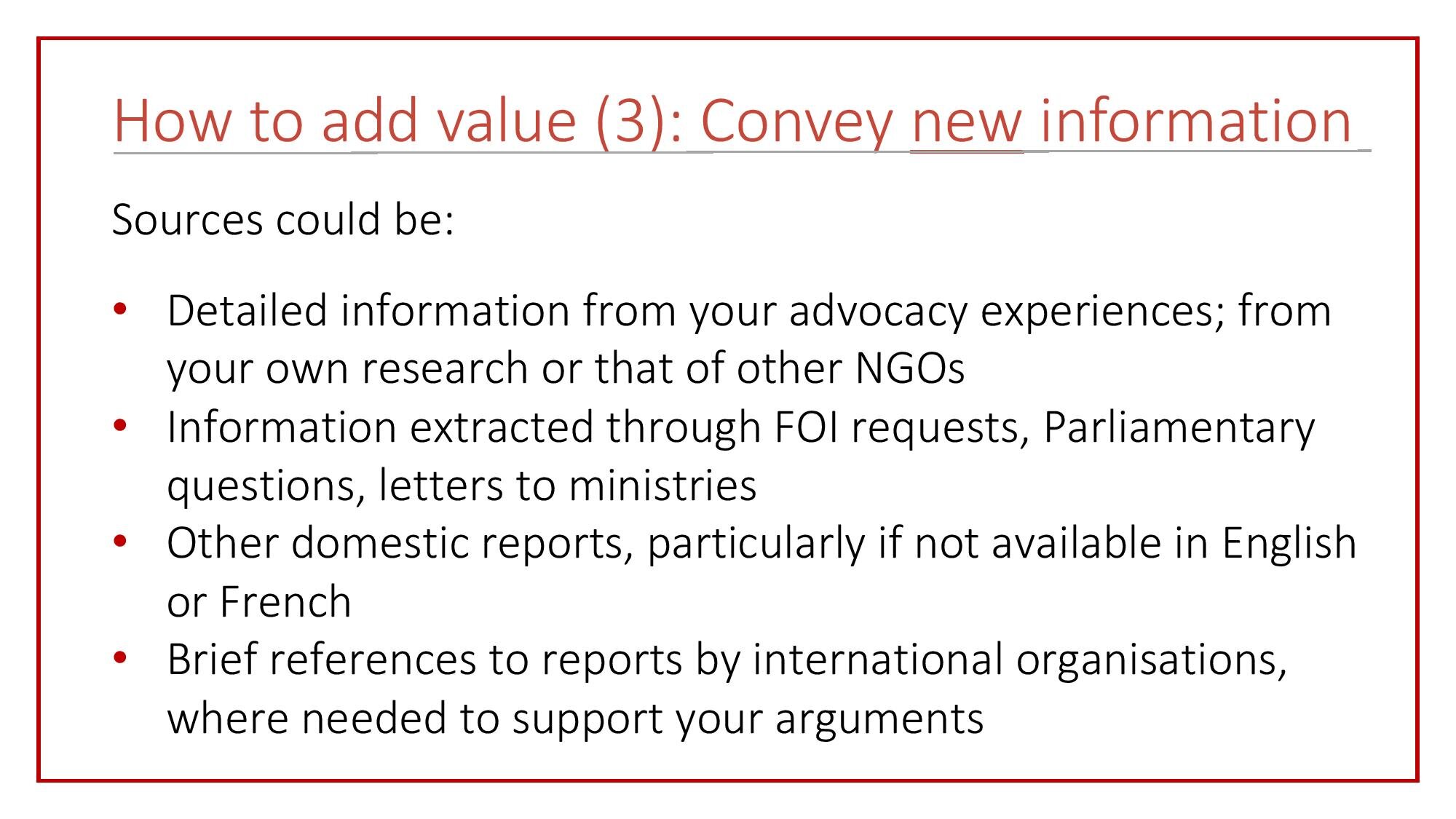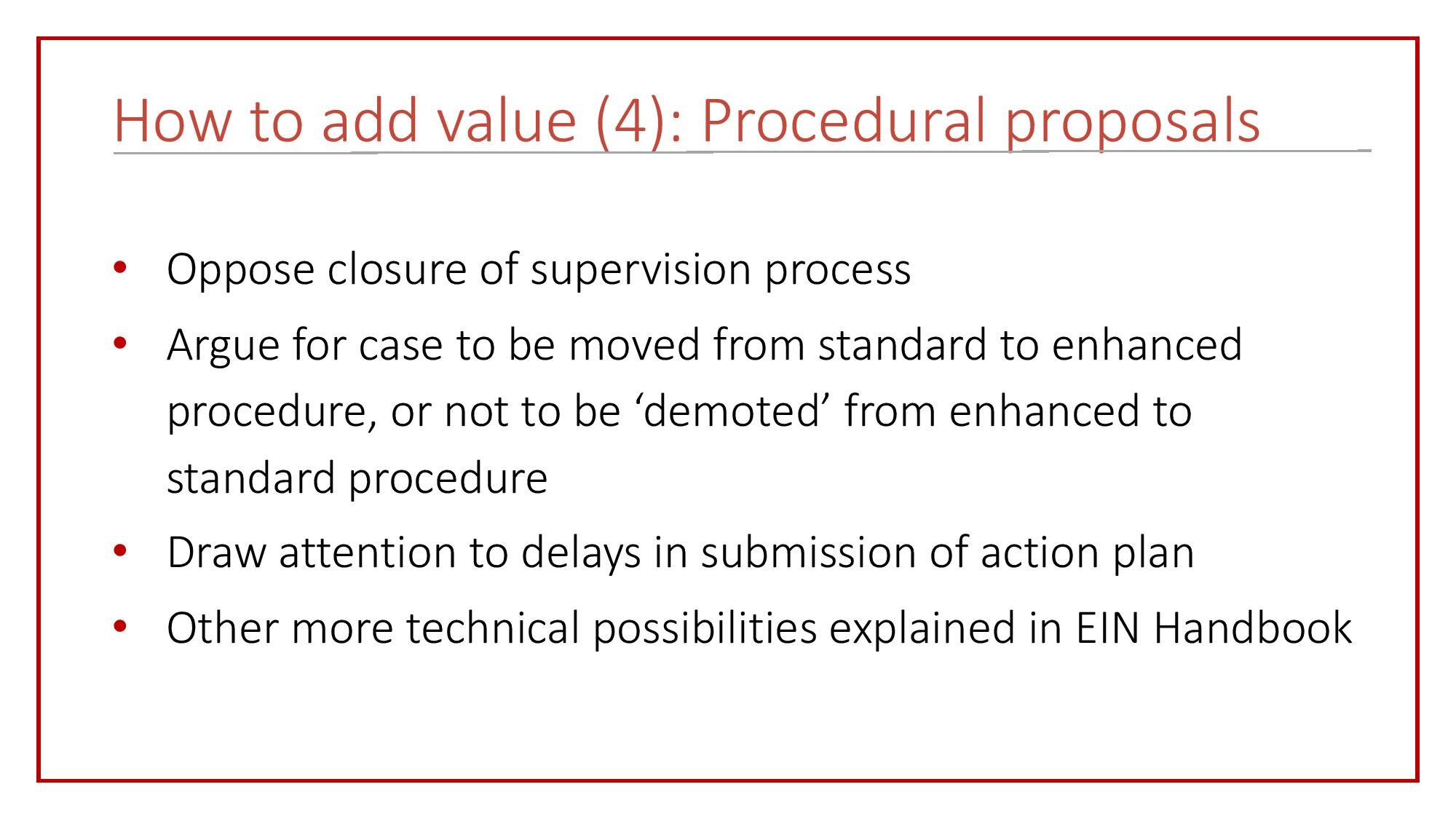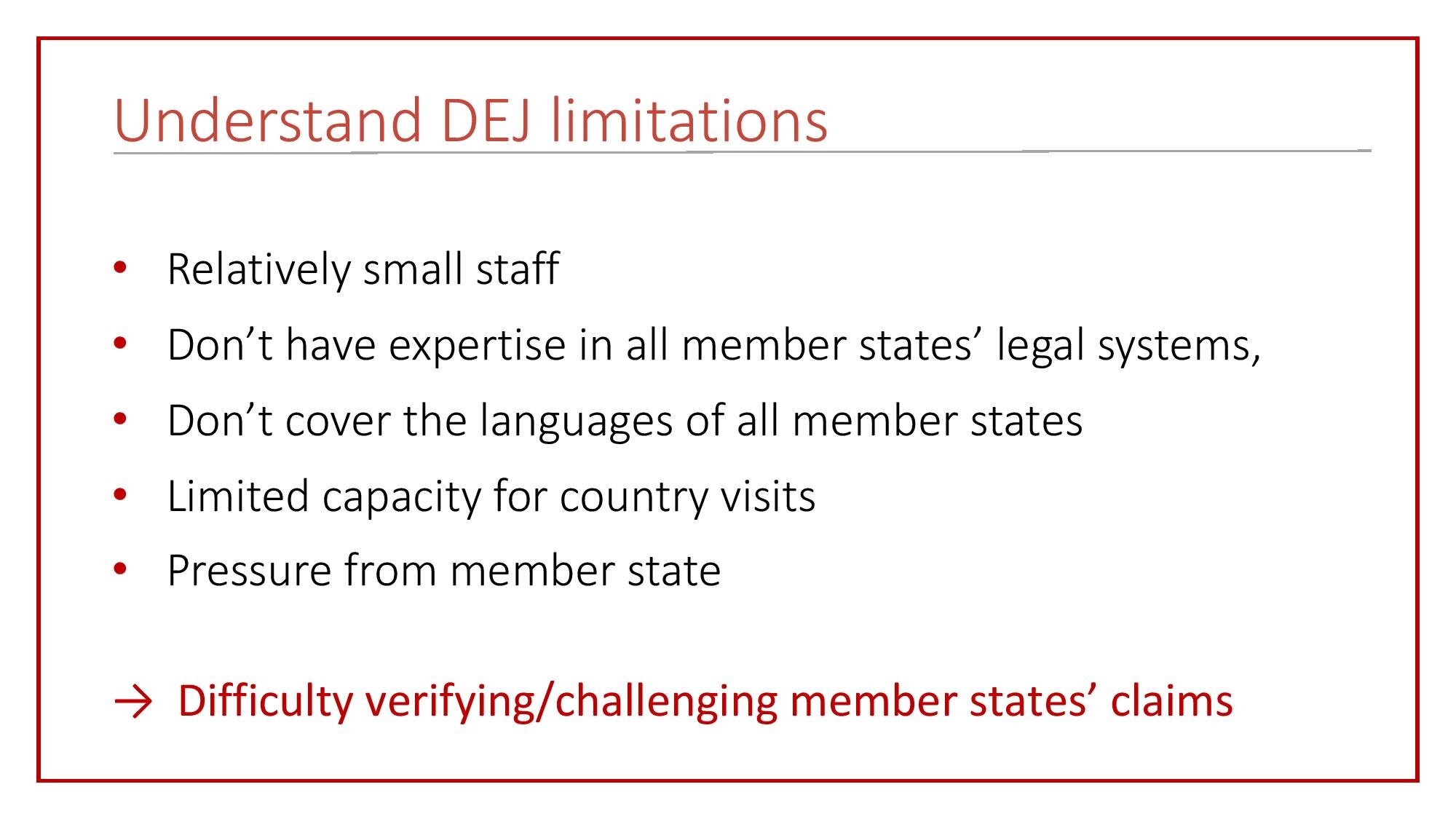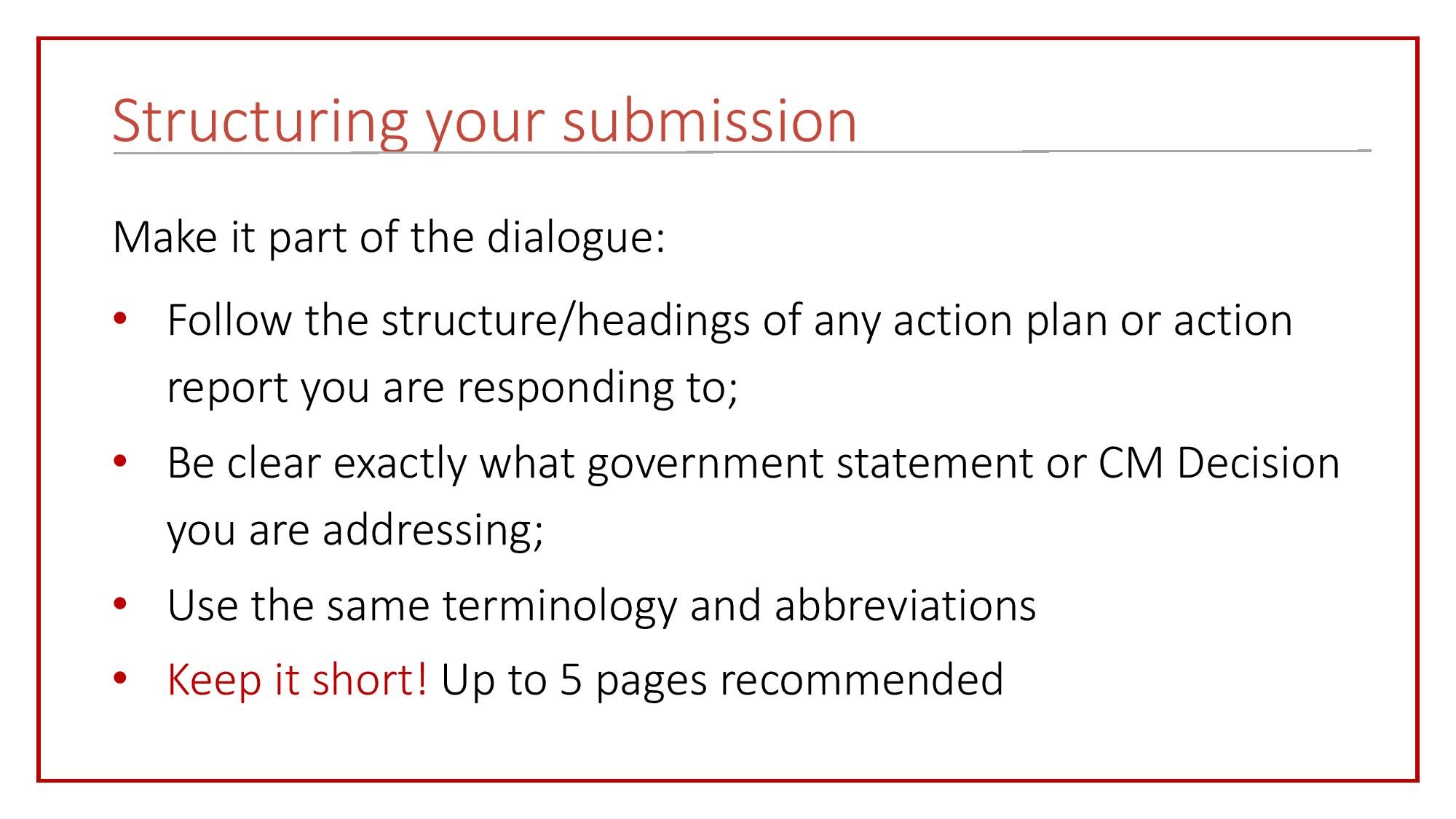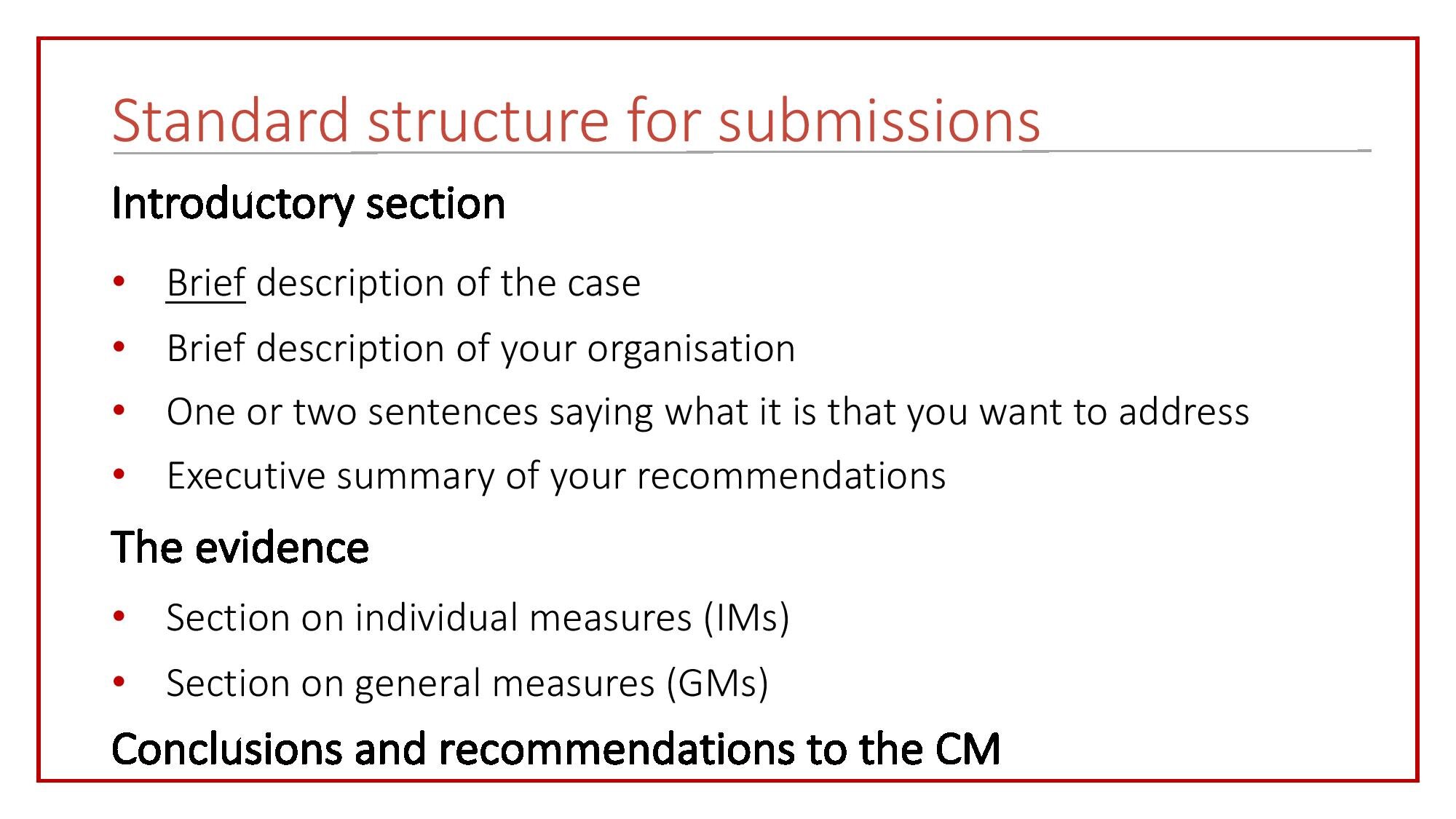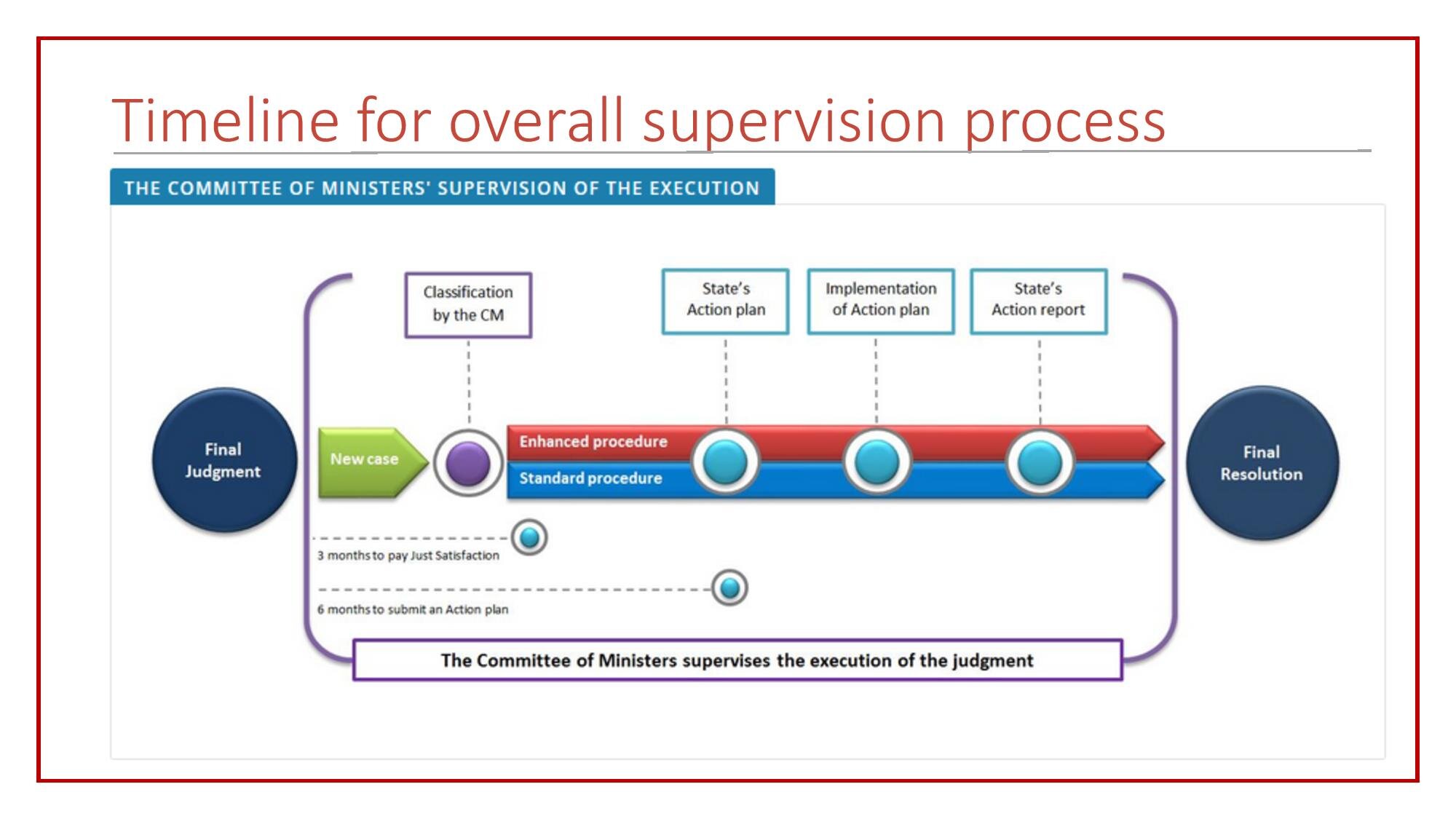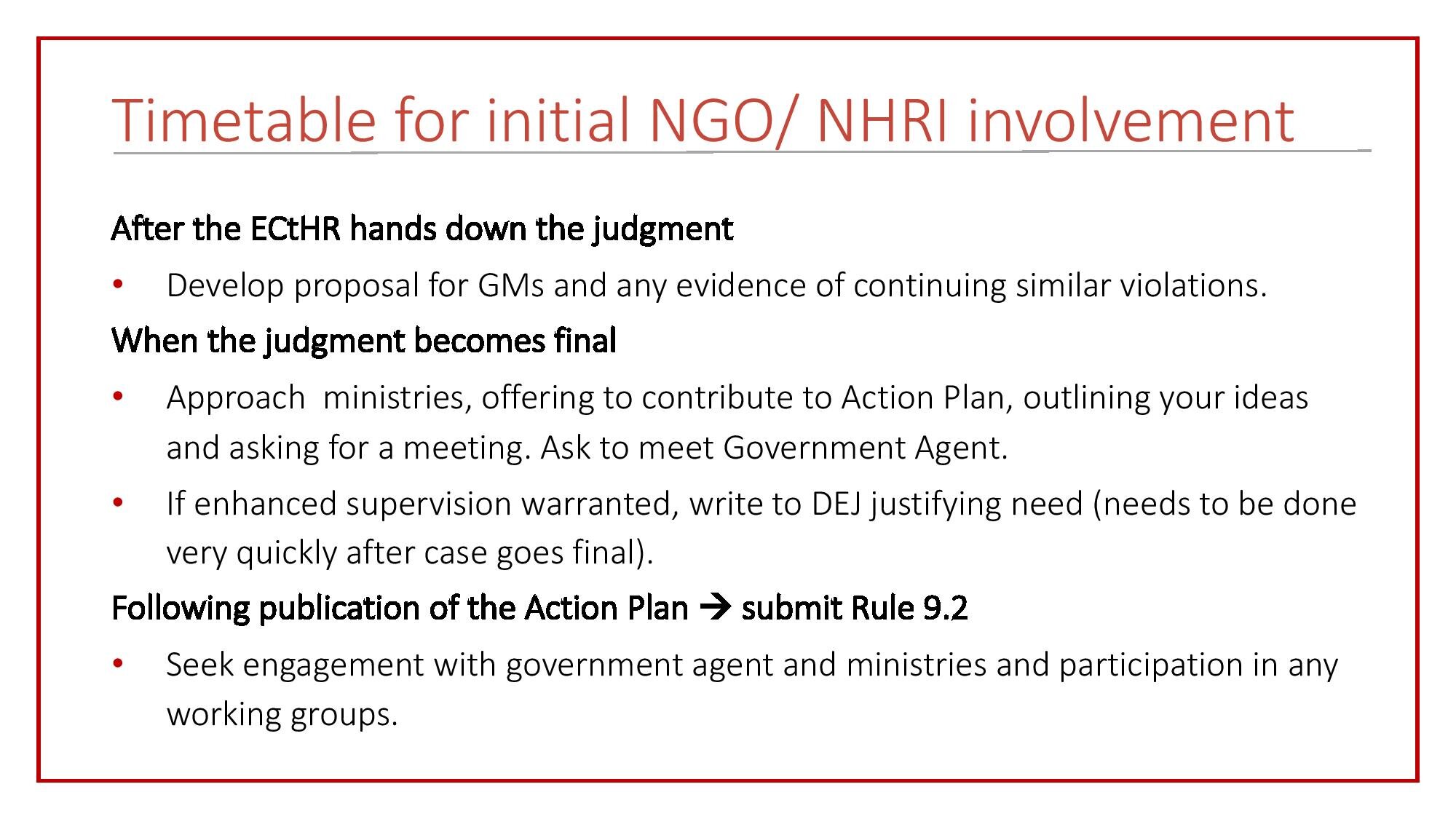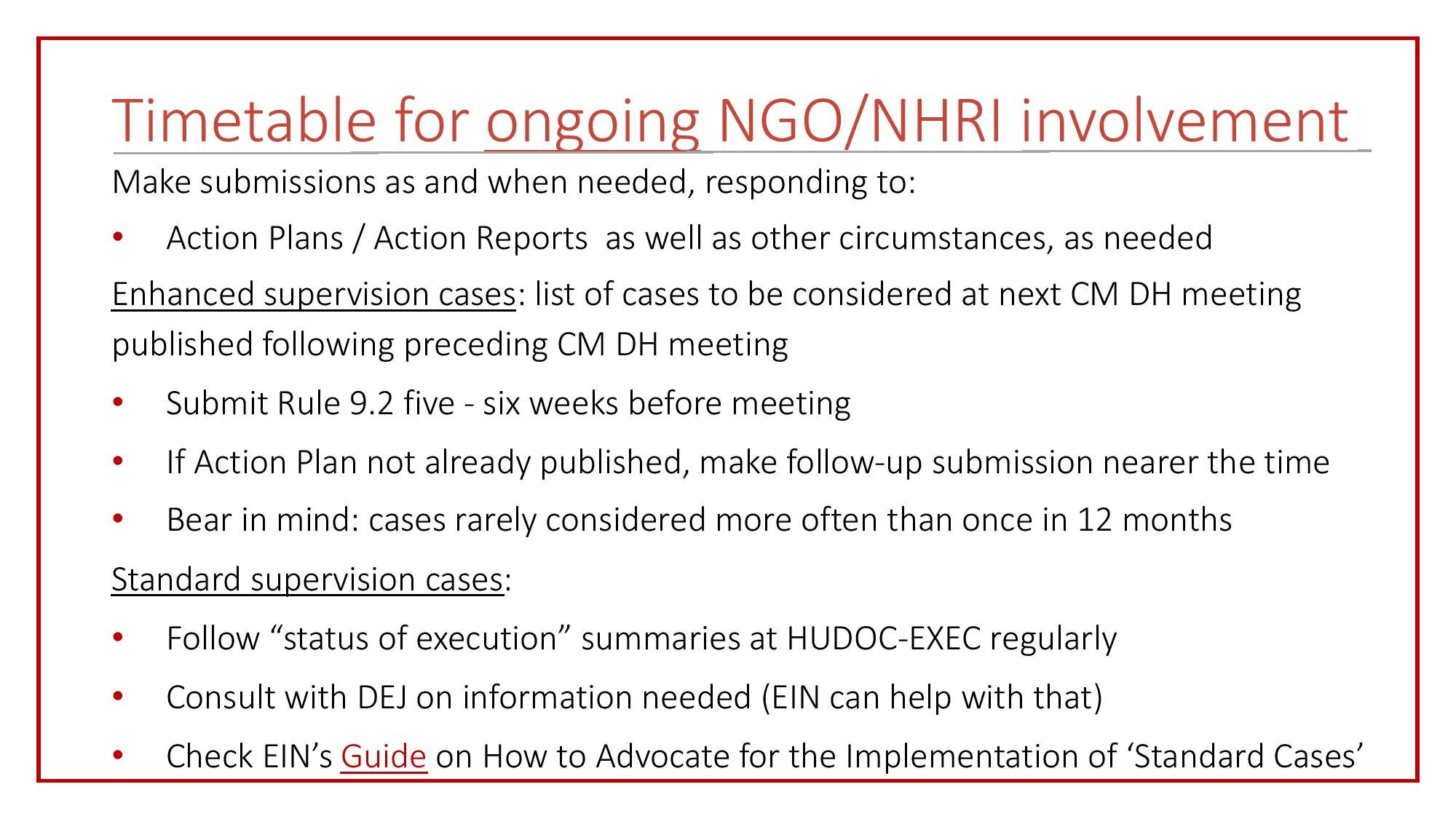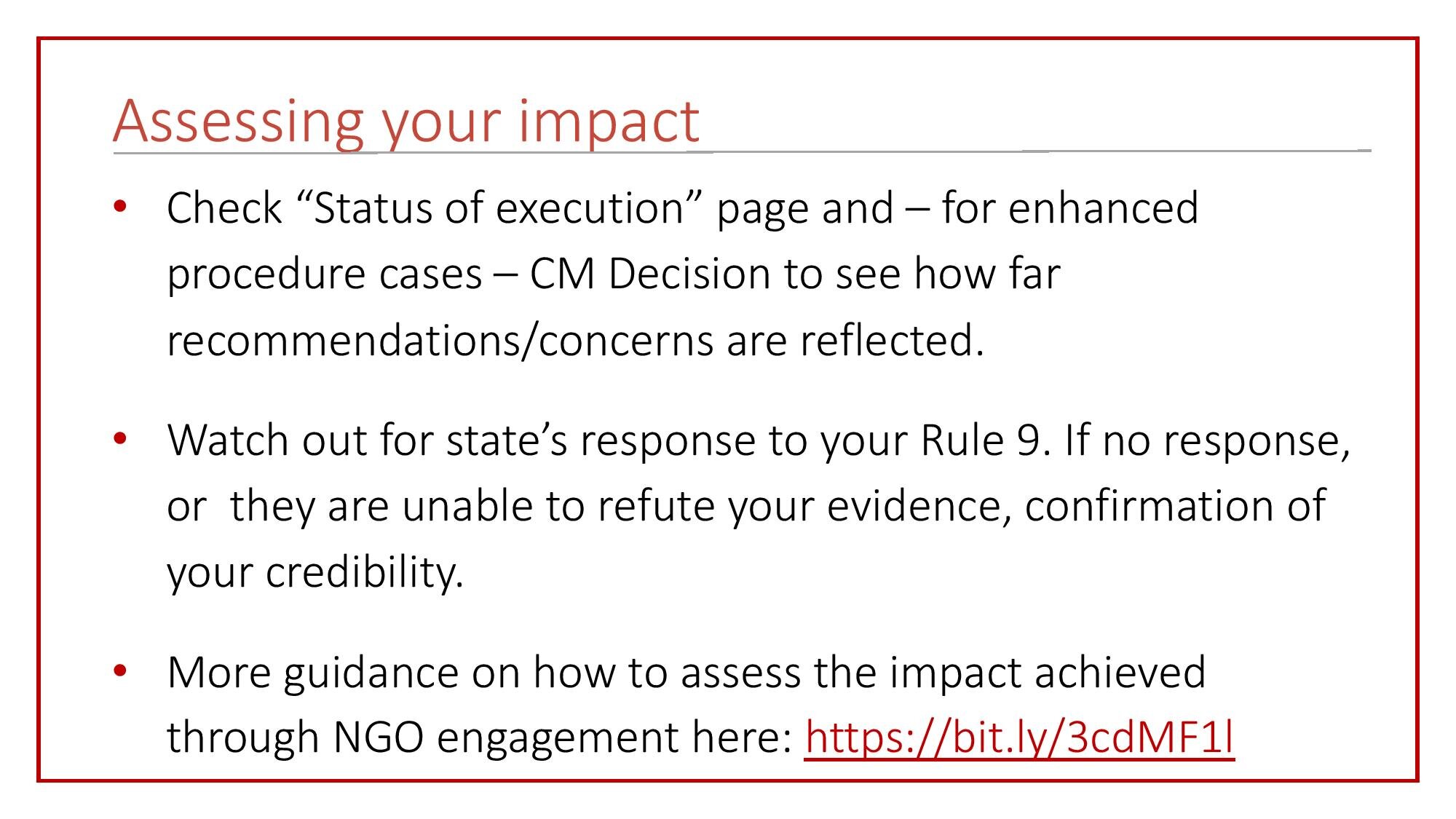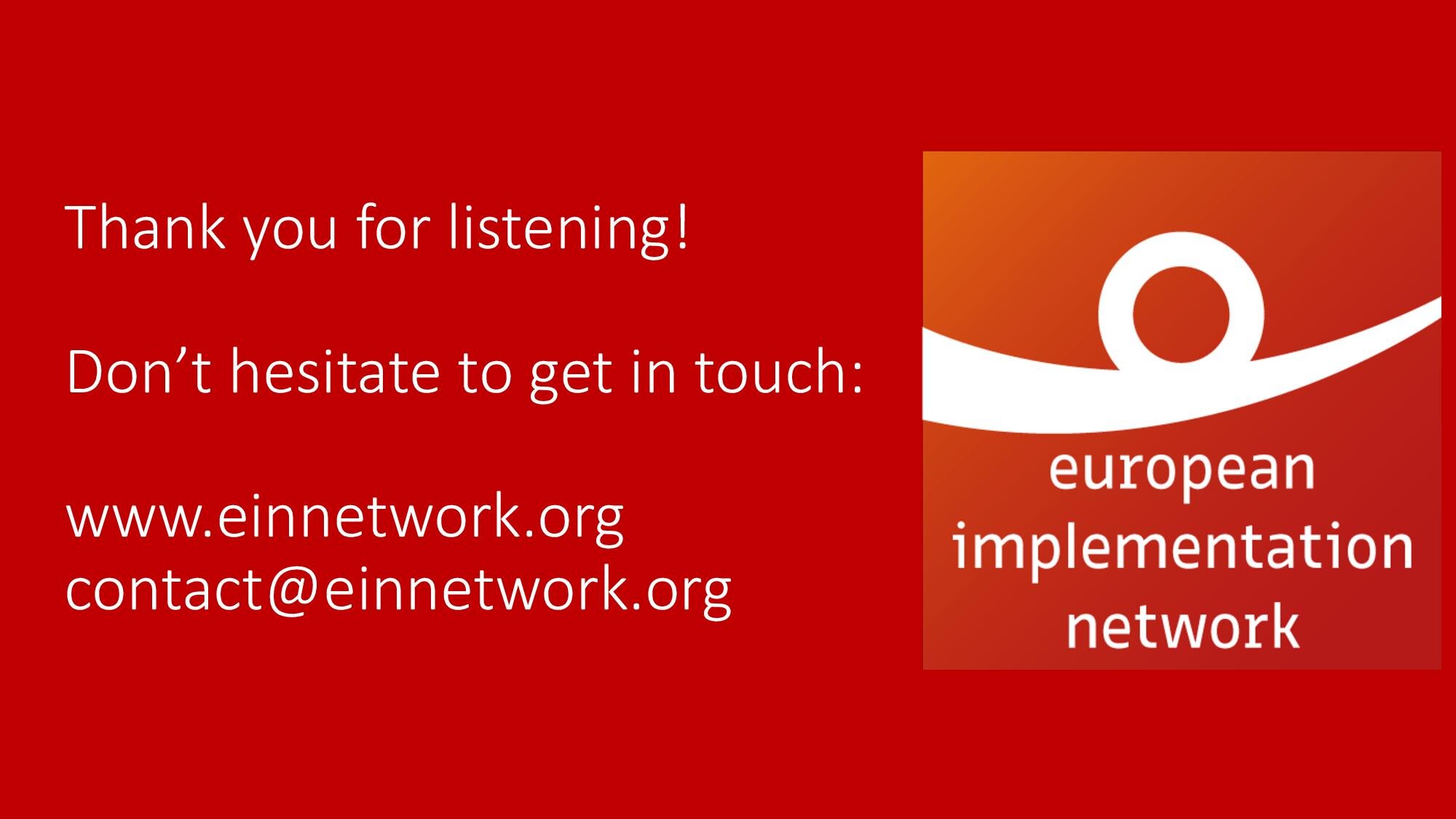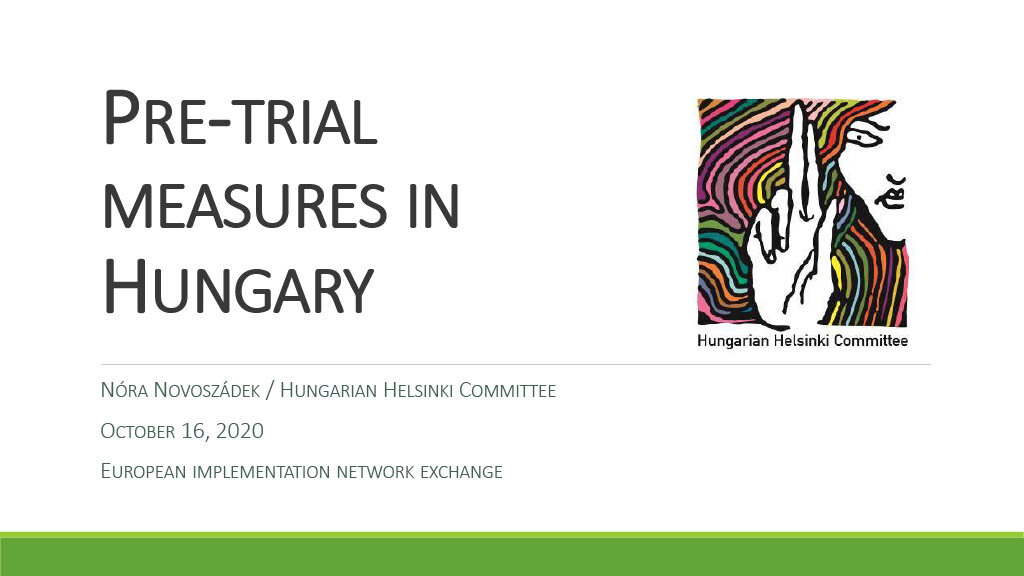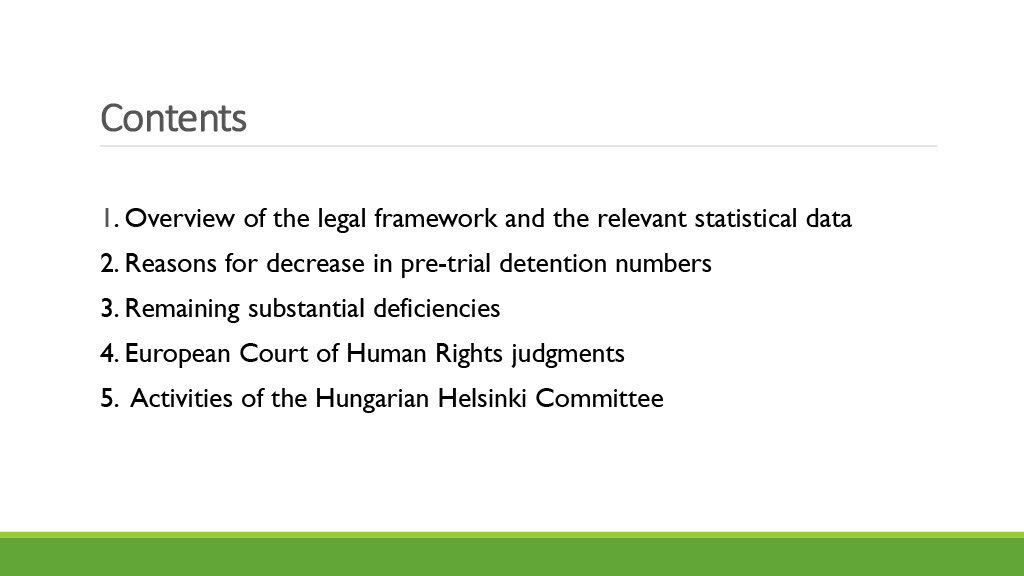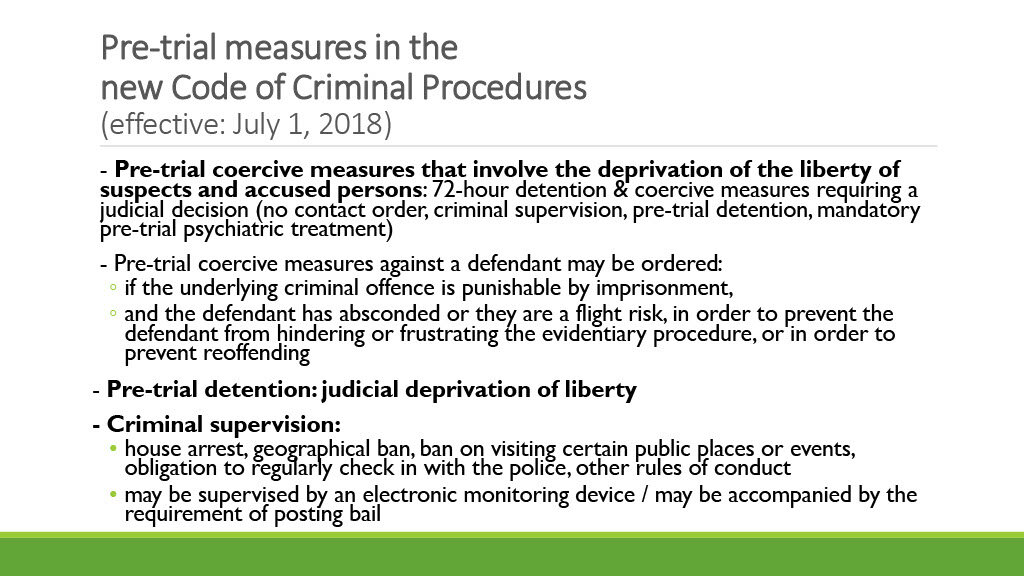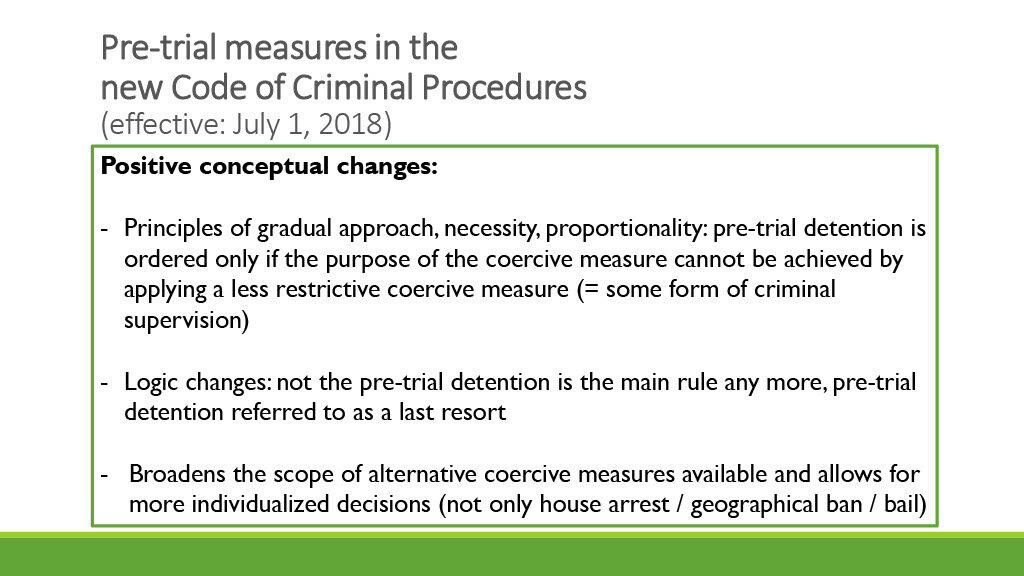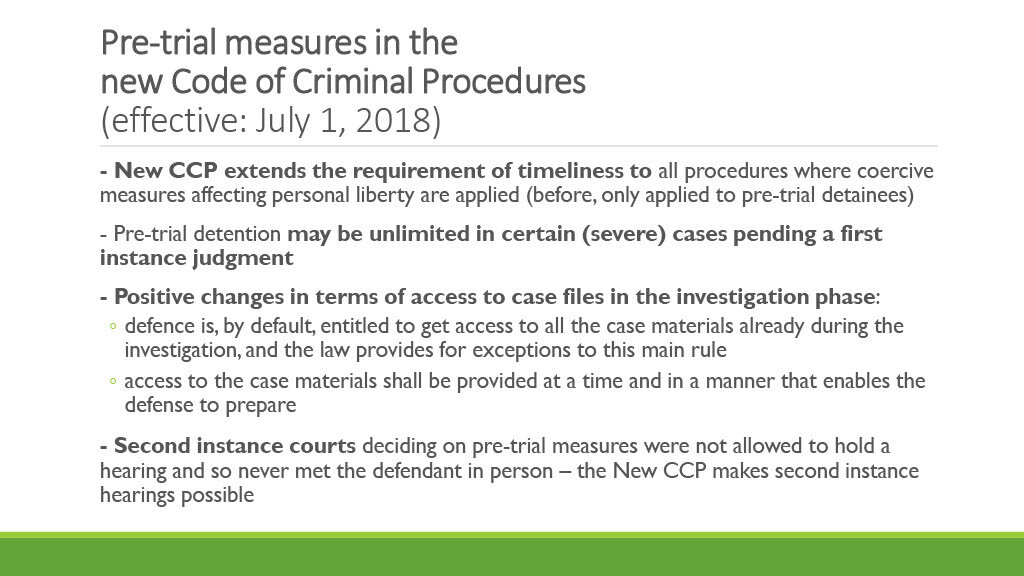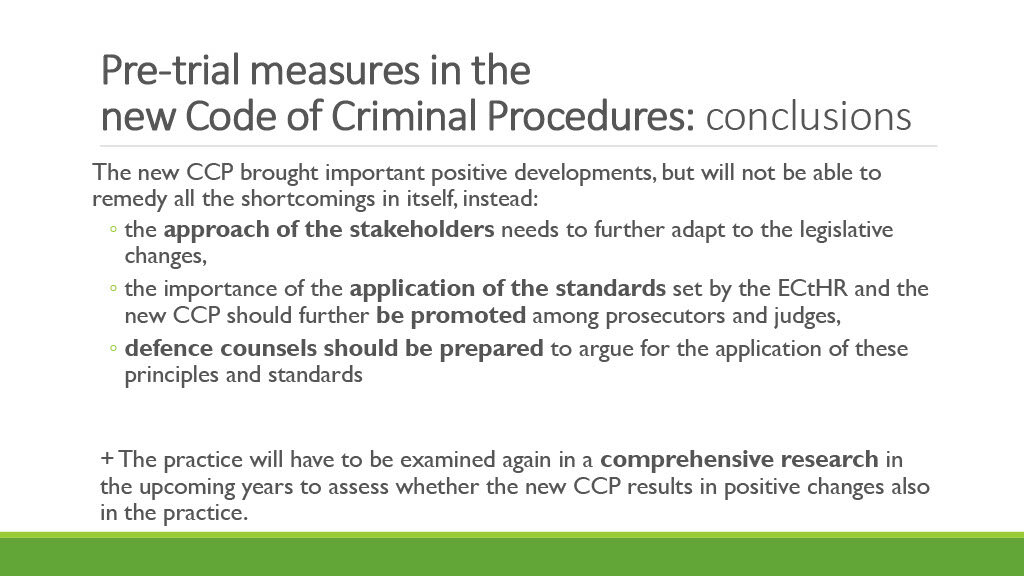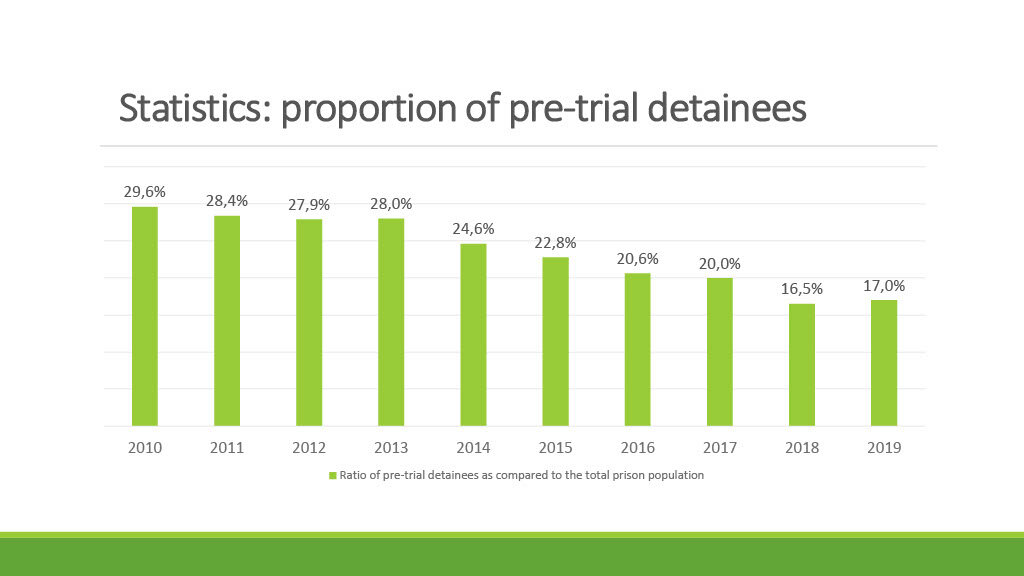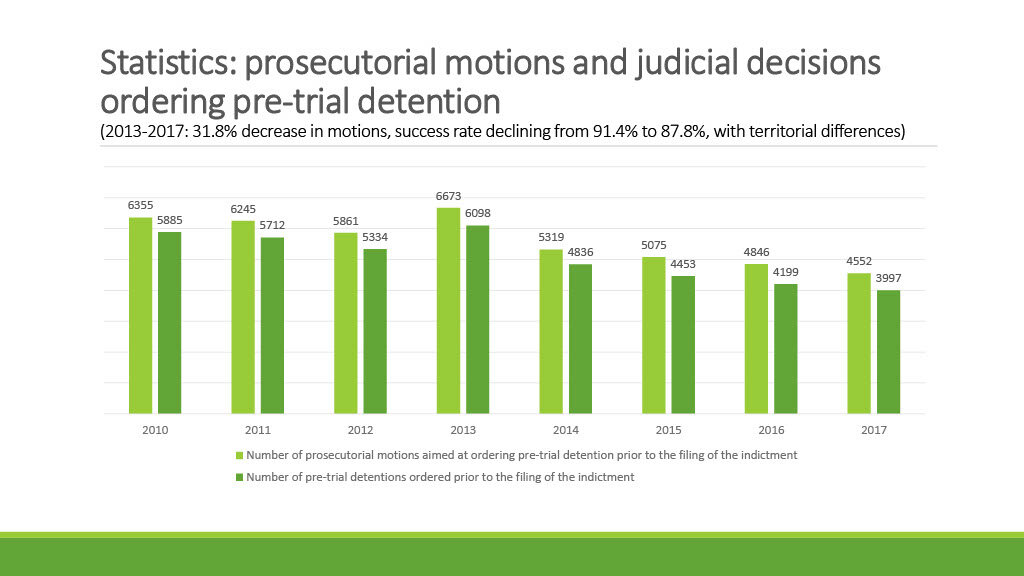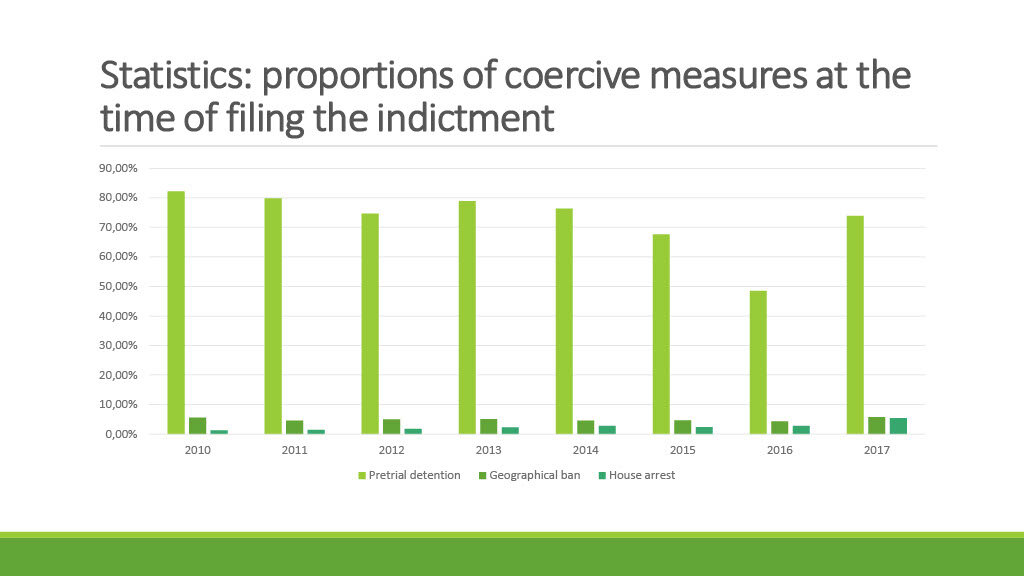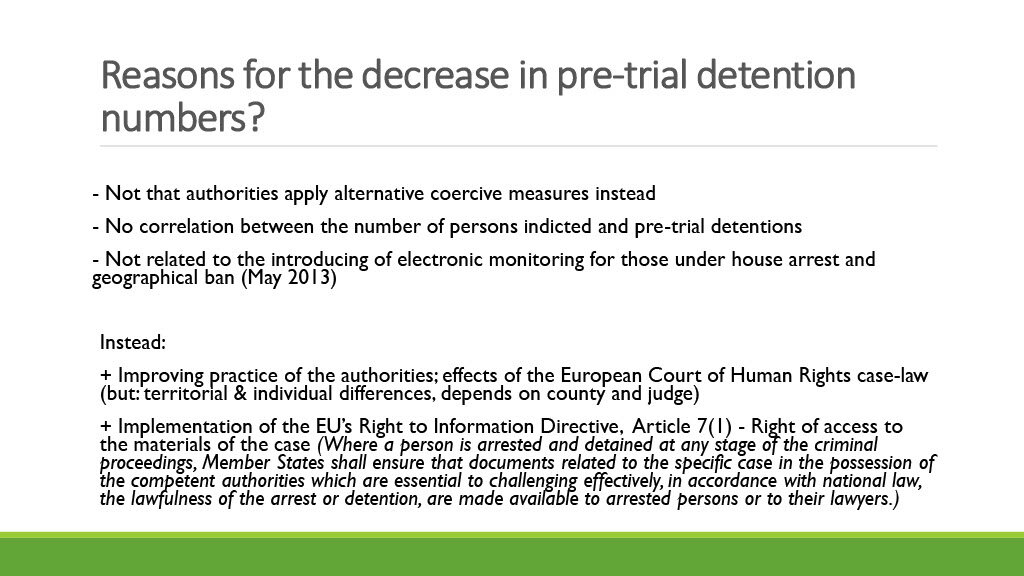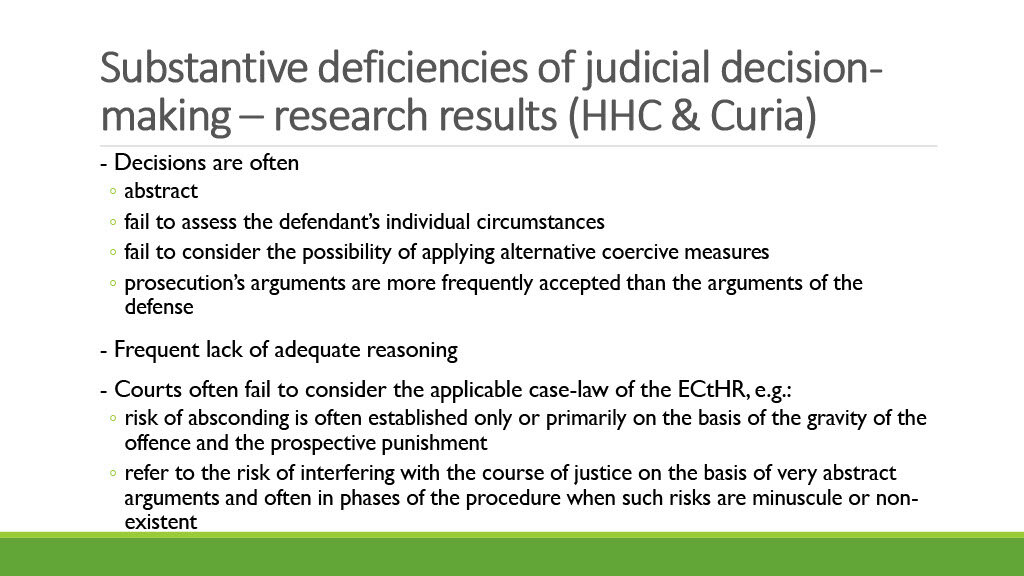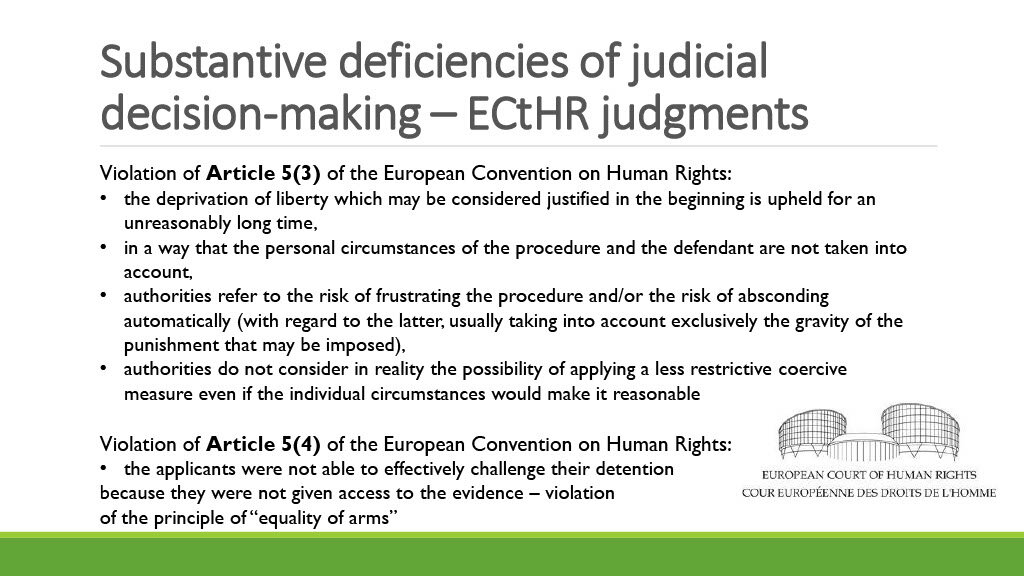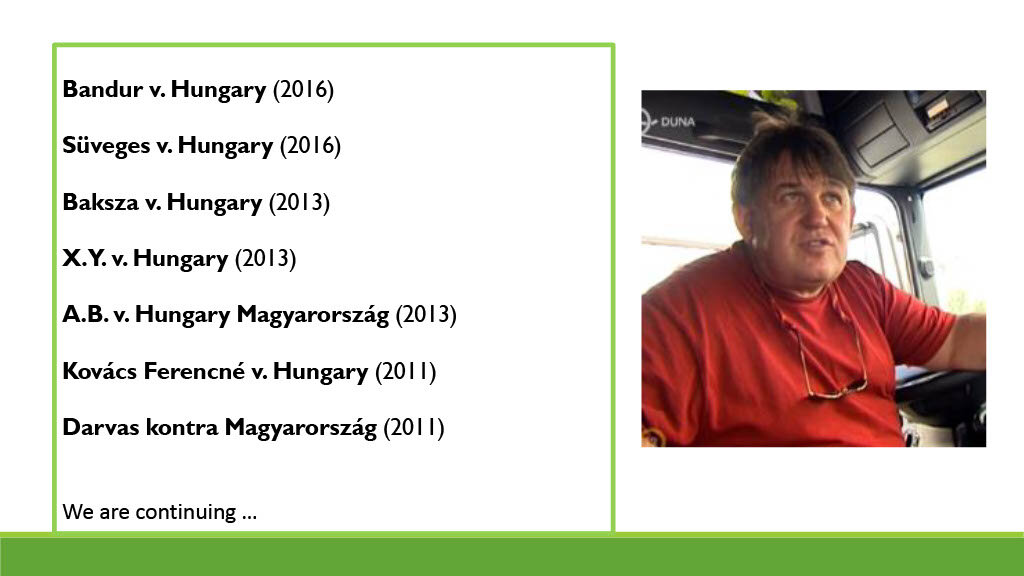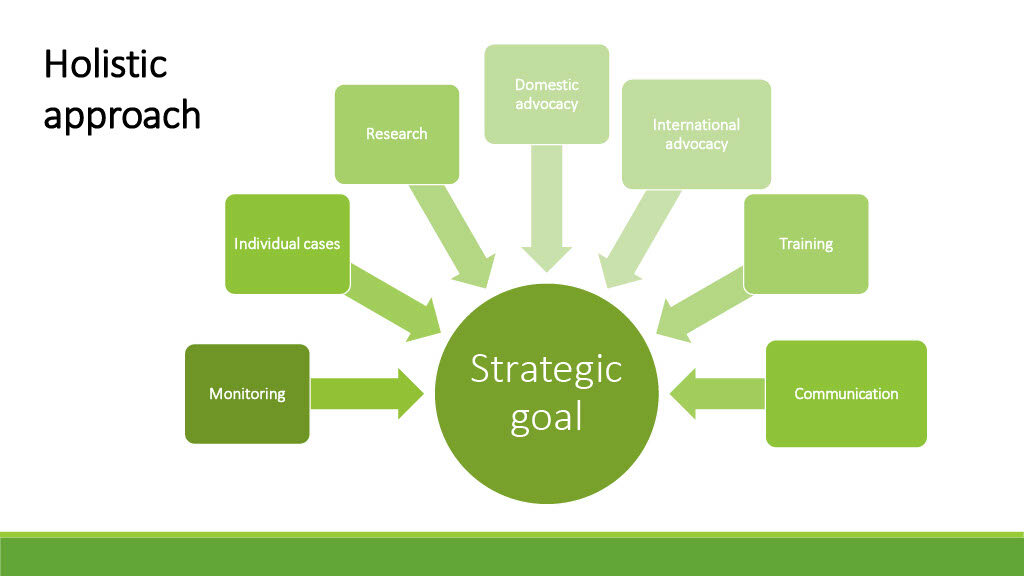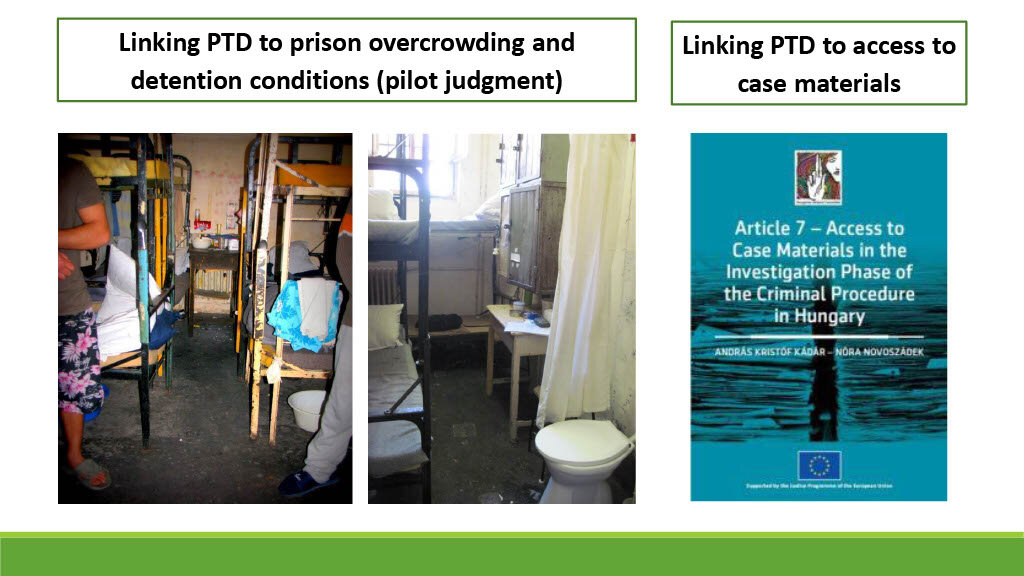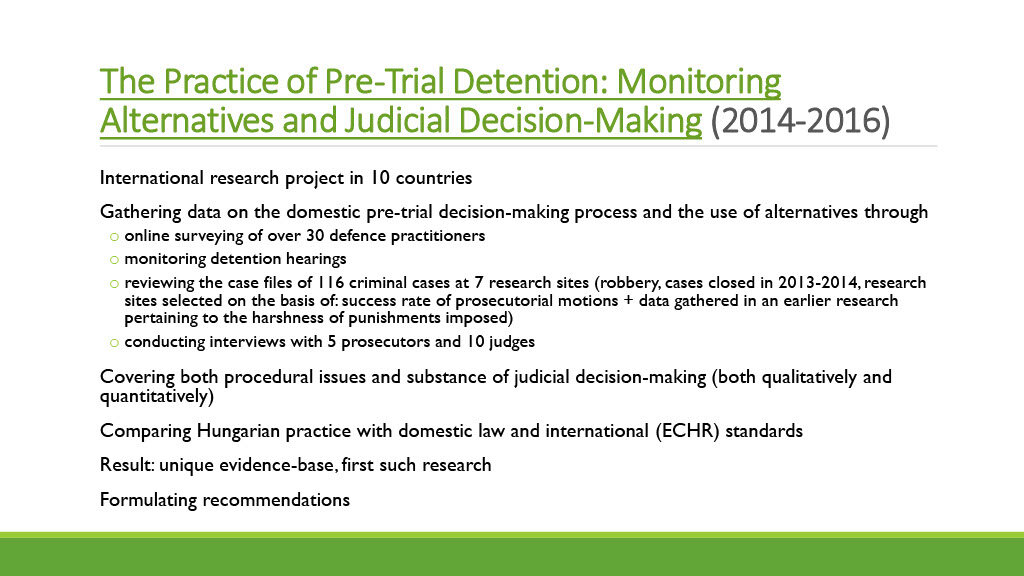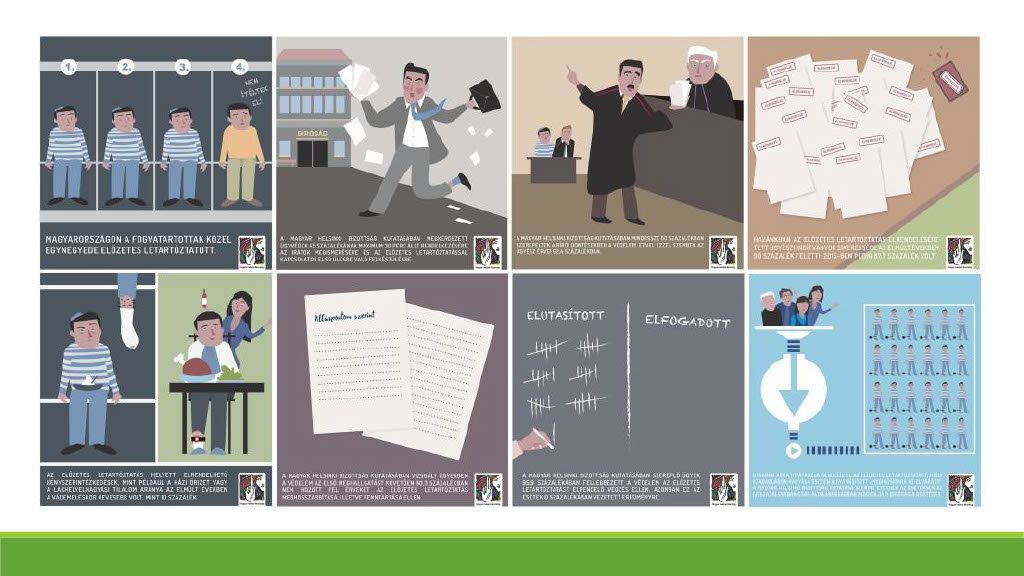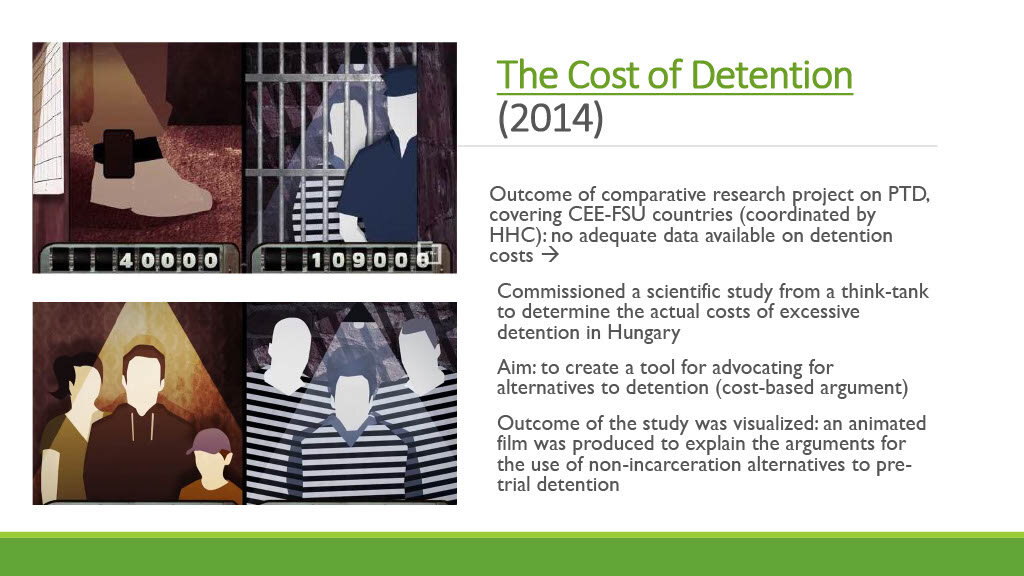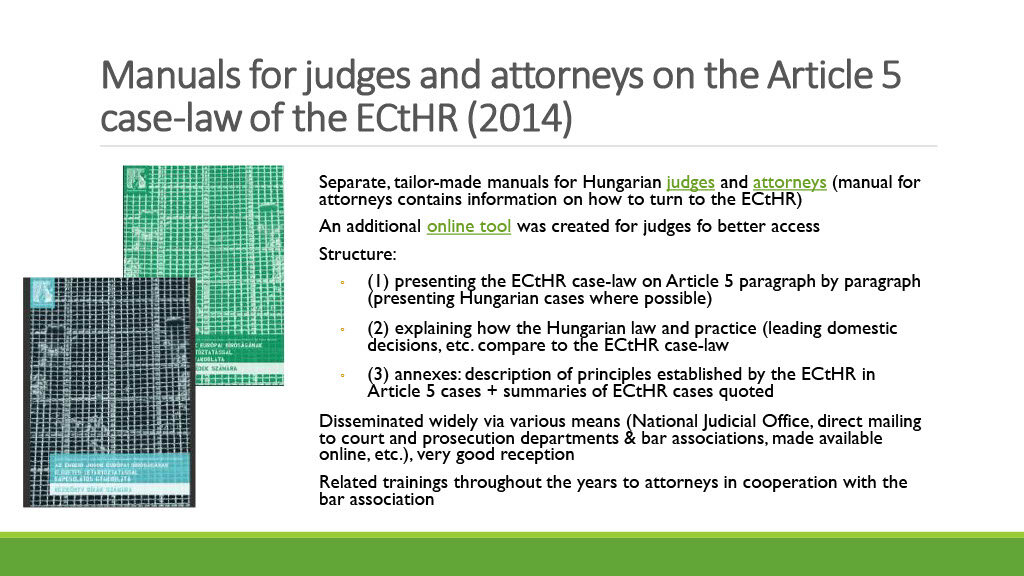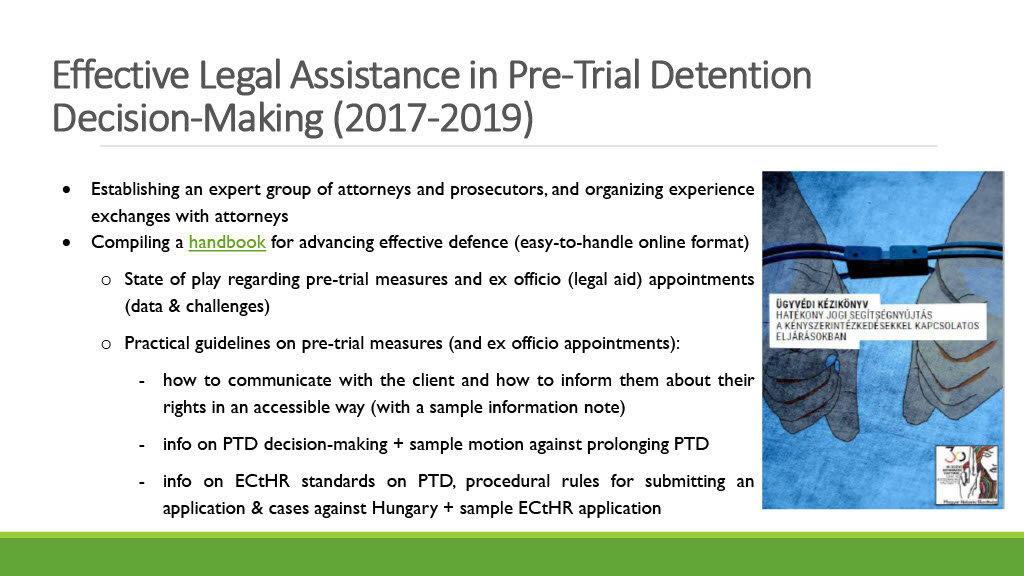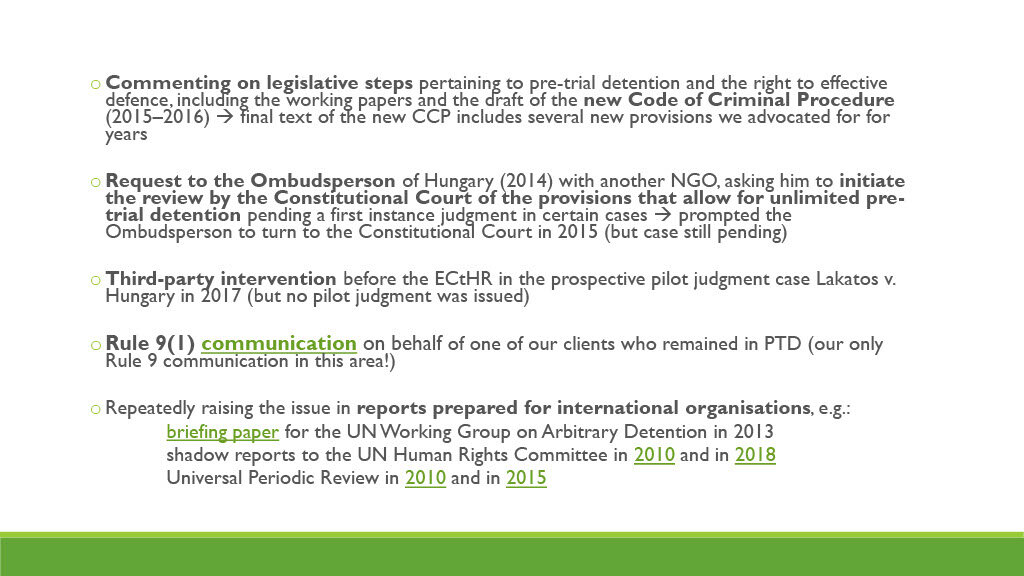EIN Webinar: Enhancing NHRIs’ Capacity for Effective implementation through Writing effective Rule 9 Submissions
/EIN closed the National Human Rights Institutions (NHRI) webinar series focusing on effective implementation of European Court of Human Rights (ECtHR) judgments, with the final instalment on writing effective Rule 9 Submissions for NHRIs.
The previous webinars took place on the 10th, 17th of September and the 8th of October, and have covered: the scale of the non-implementation challenge and the need for greater involvement by NHRIs, the basics of the Committee of Ministers execution process and what are the important elements to keep in mind when engaging into it, what advocacy avenues might be available to NHRIs to work on ECtHR judgment implementation at a domestic level, and how they can hold governments to account about their overall record on implementation.
These series of webinars were co-organised with the European Network of National Human Rights Institutions (ENNHRIs) and the Department for the Execution of Judgments of the Council of Europe.
Participants selected for this webinar received detailed training about how to draft effective Rule 9 submissions to the Committee of Ministers. Participants also learned about the main elements of efficient Rule 9s and the challenges of drafting Rule 9s, as illustrated by a case example as a practical guide.
Participants were invited to watch, ahead of our session, the video by Head of Division Nikolaos Sitaropoulos, from the Department for Execution of Judgments, which provides some useful tips on submitting and drafting communication under rule 9 of the Committee of Ministers. Nikolaos Sitaropoulos advises that communications submitted should be well constructed, should be clear and concise, and should be a maximum of 5-10 pages and be timely.
See video for all tips provided by Nikolaos Sitaropoulos
The webinar opened with remarks by EIN Director George Stafford on the main elements of efficient Rule 9s, followed by an open discussion on problems encountered by participants when working on draft Rule 9s.
The discussion focused on some of the main problems with Rule 9.2, which include poor timing, lack of evidence for claims being made, problems with the structure and an absence of clear recommendations. The discussion also covered the impact of Rule 9.2 submissions The representative from the Netherlands Institute for Human Rights gave an example with the Corallo case, which was classified under the enhanced procedure following a Rule 9 by the Institute and is still being monitored.
Tamar Abazadze and Lara Jamarauli, representatives from the Public Defender’s Office of Georgia, provided a case example of the Tsintsabadze case to showcase effective rule 9 submissions; focusing on how to get the right content in Rule 9, what needs to be considered in terms of format, and when to submit them.
Following the case exercise by the members of the Public Defender’s Office of Georgia, a survey was carried out of participants, which indicated a widespread interest of NHRIs of engaging further in the implementation process. The webinar was then wrapped up by Leena Leikas, chair of ENNHRI Legal working group, Human Rights Expert at the Finnish Human Rights Centre, who provided concluding remarks.
“I am sure the webinars was the best webinar series that I ever attended“
- from an NHRI representative
We thank all participants who attended the webinars and appreciate the work of ENNHRI and the Department of the Execution of Judgments of the Council of Europe in collaborating on this series.
Resources mentioned in the presentation:
Where to find the relevant information?
•DEJ’s website on Communications by NHRIs/NGOs
•Indicative list of cases to be examined at upcoming CM-DH meeting (available from the website of the DEJ)
HUDOC-EXEC database: https://hudoc.exec.coe.int/eng
Cases’ Check EIN’s Guide on How to Advocate for the Implementation of ‘Standard
More guidance on how to assess the impact achieved through NGO engagement here: https://bit.ly/3cdMF1l

